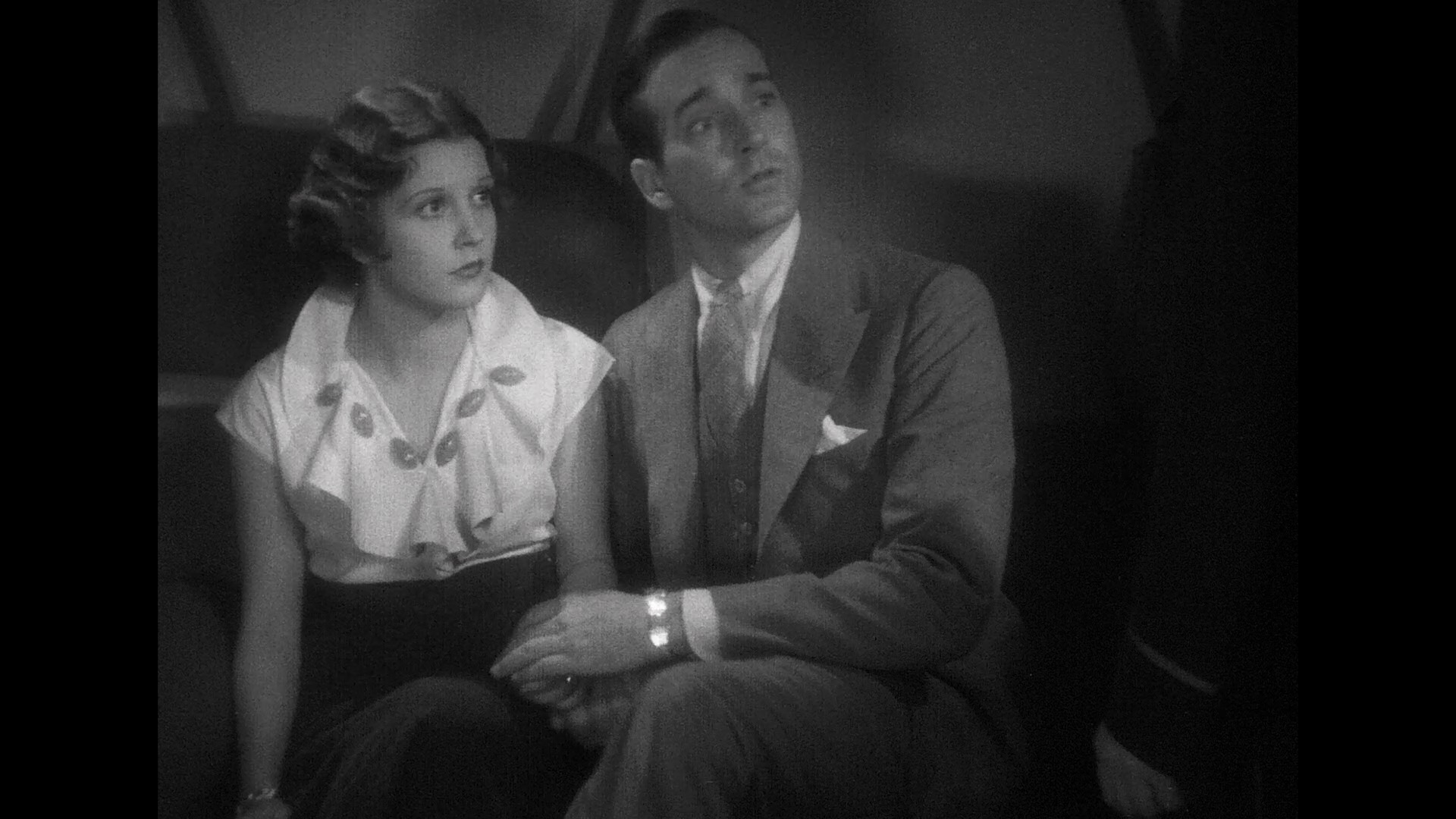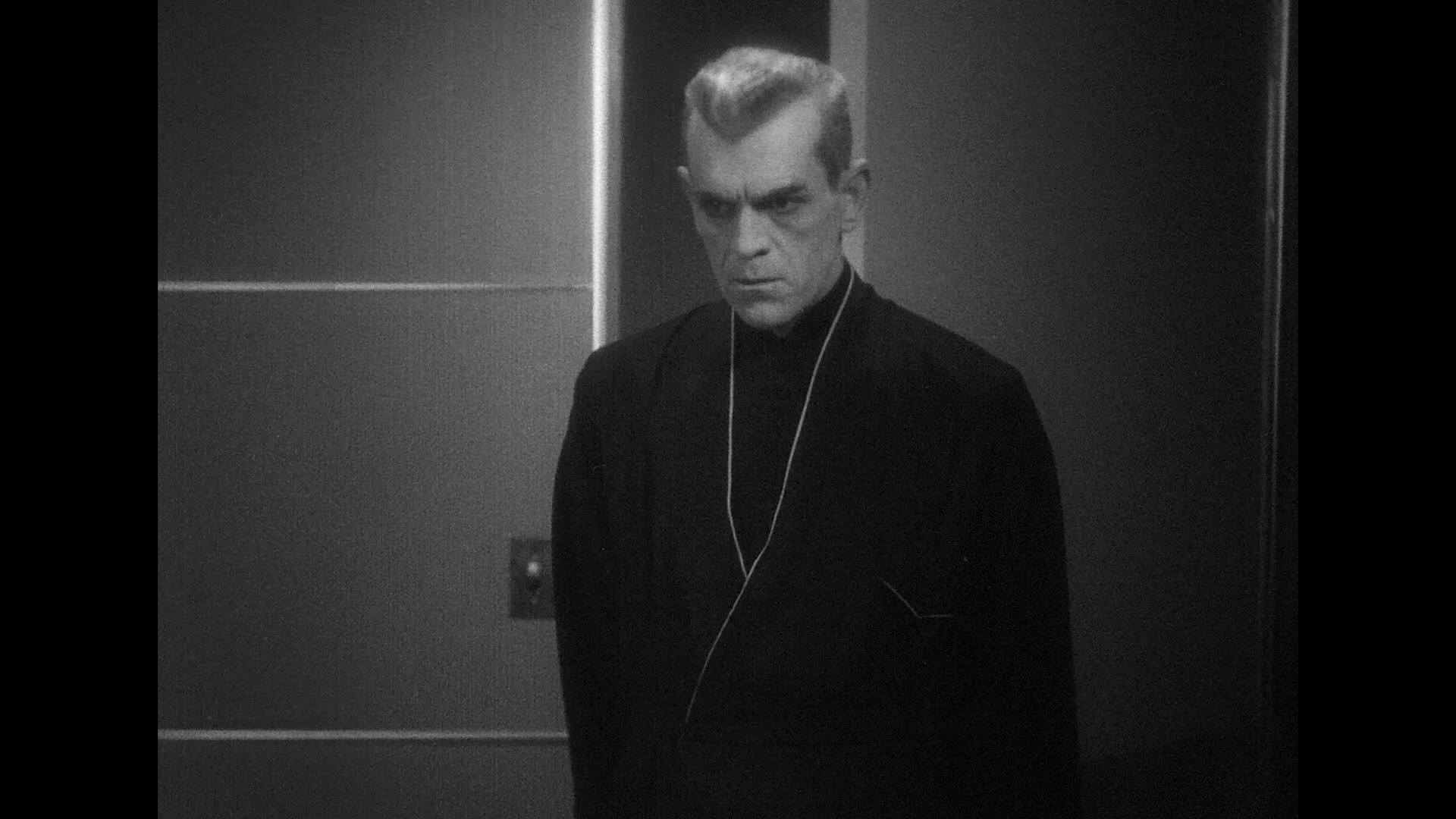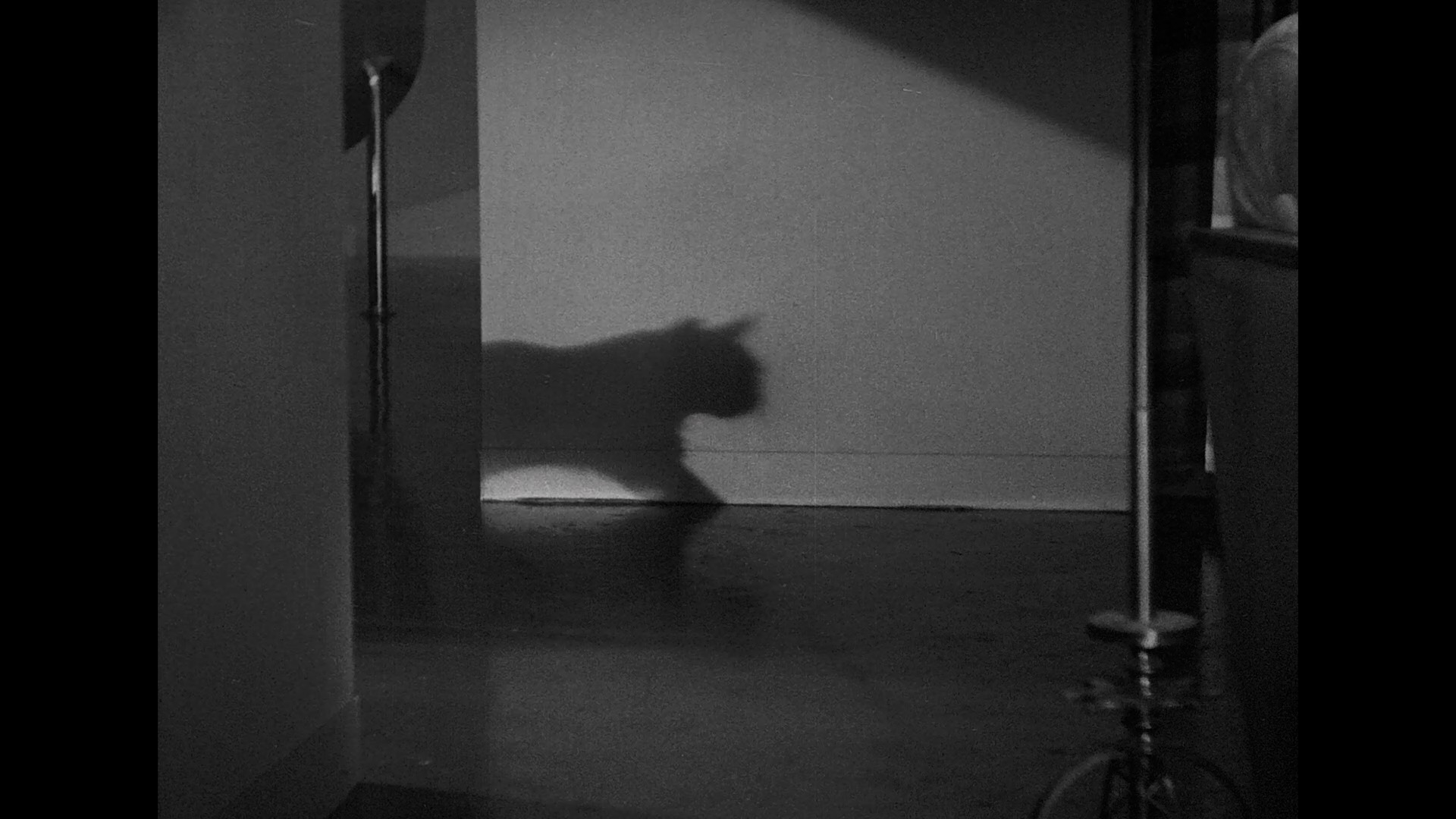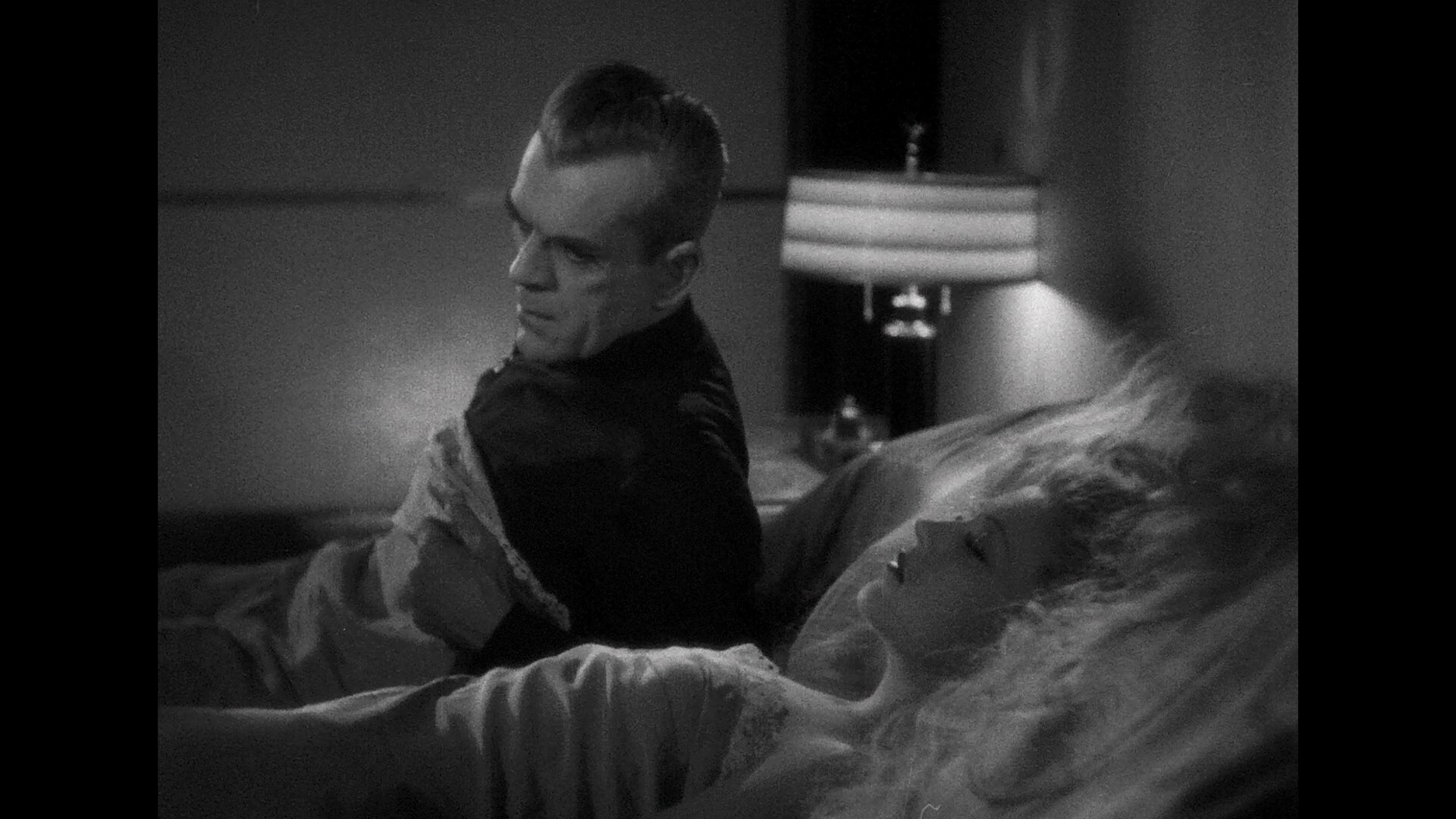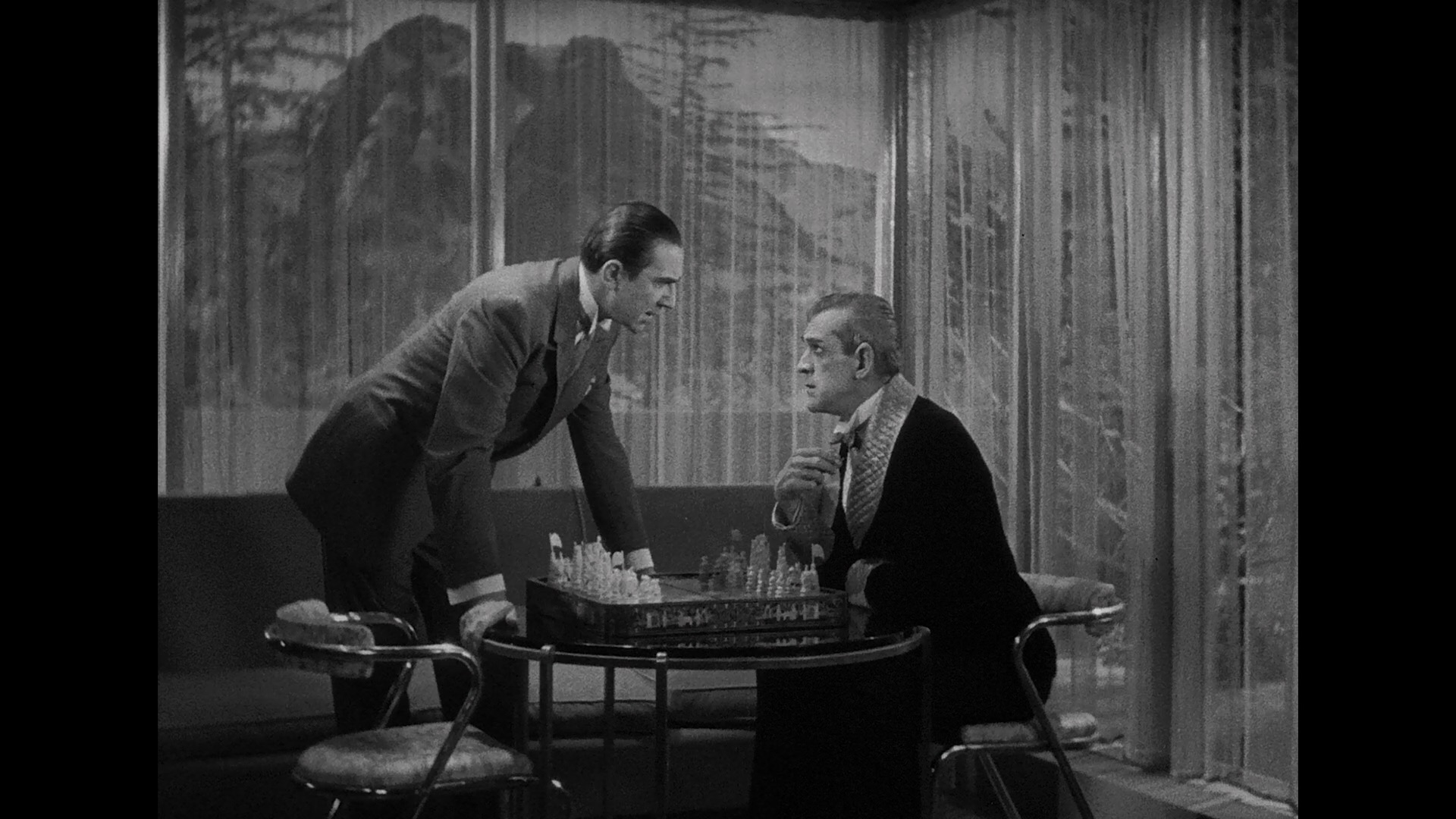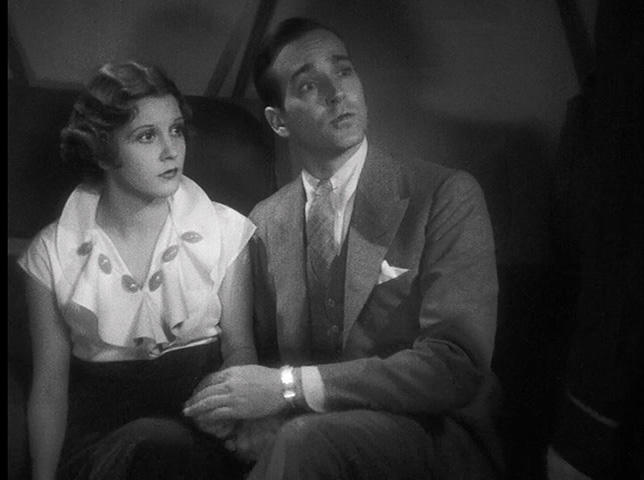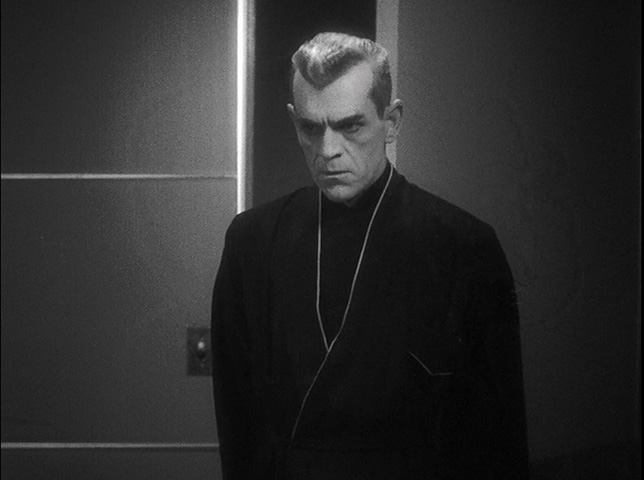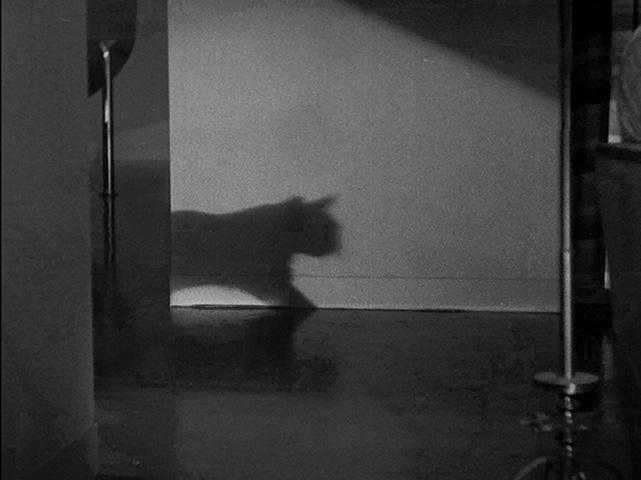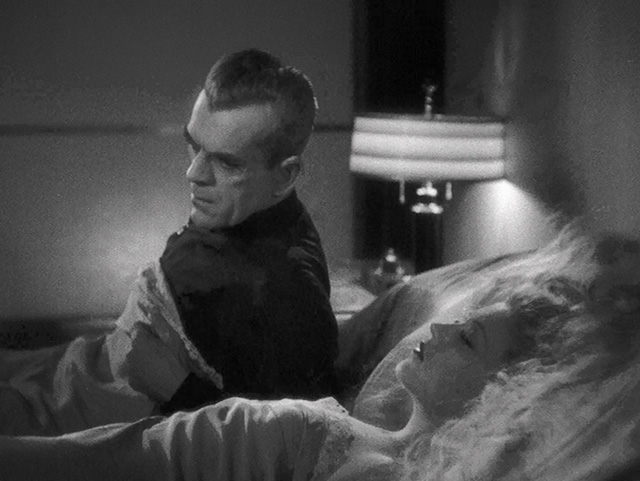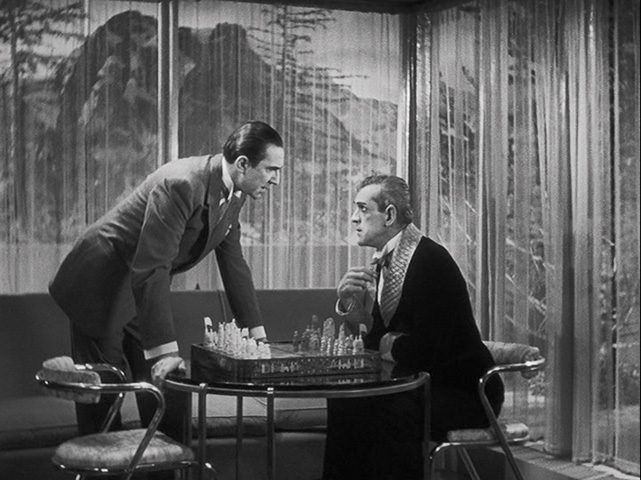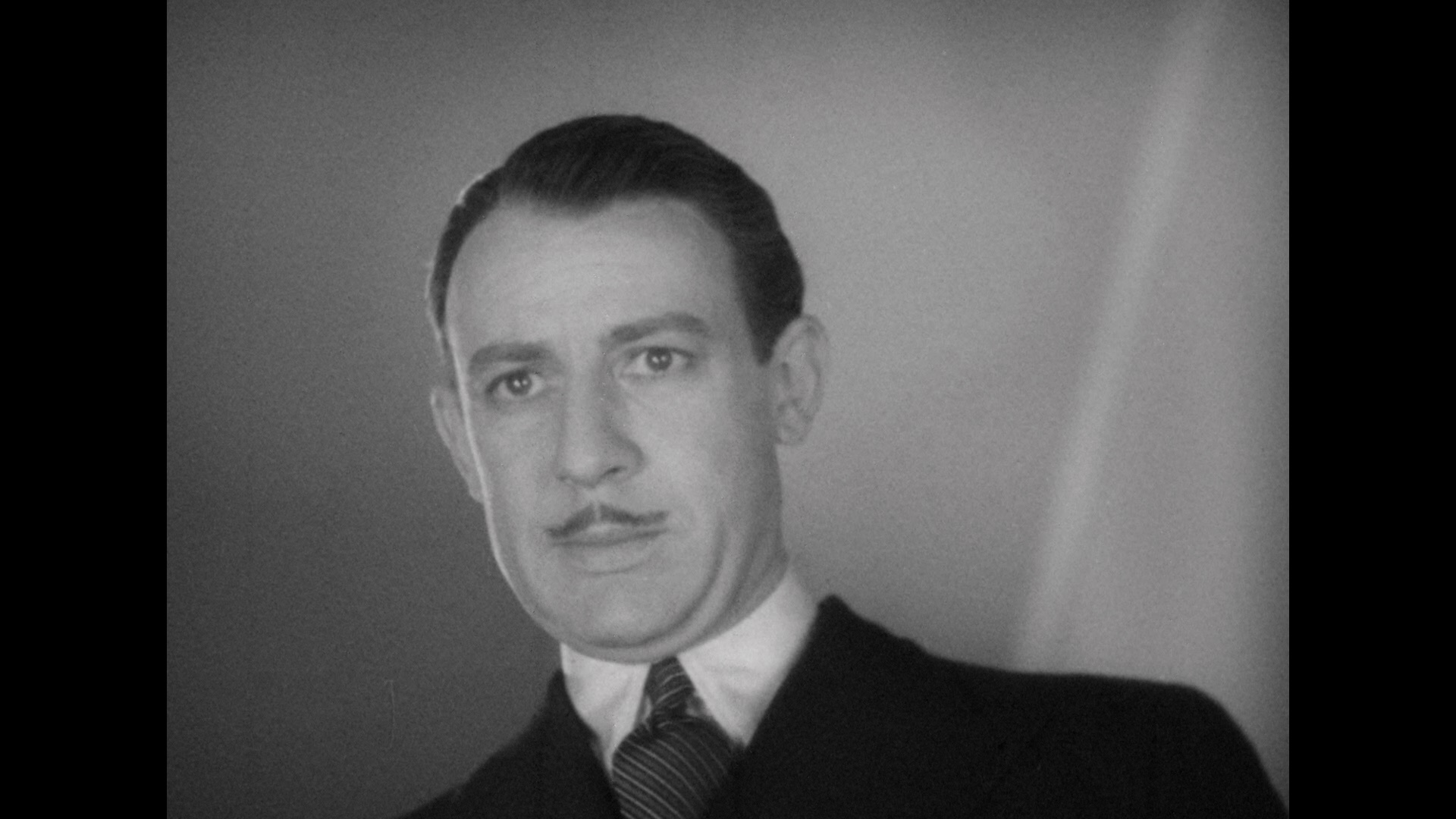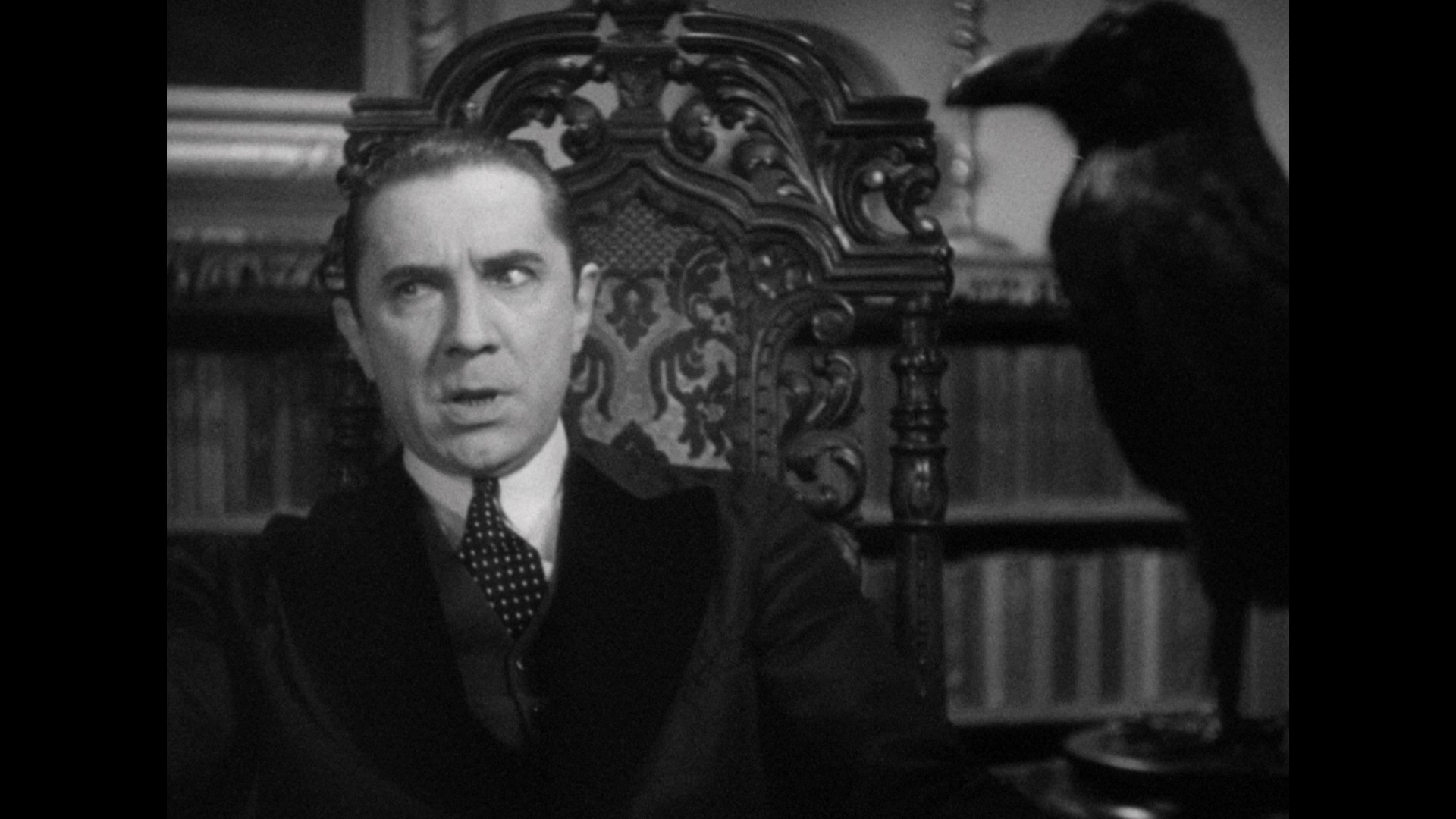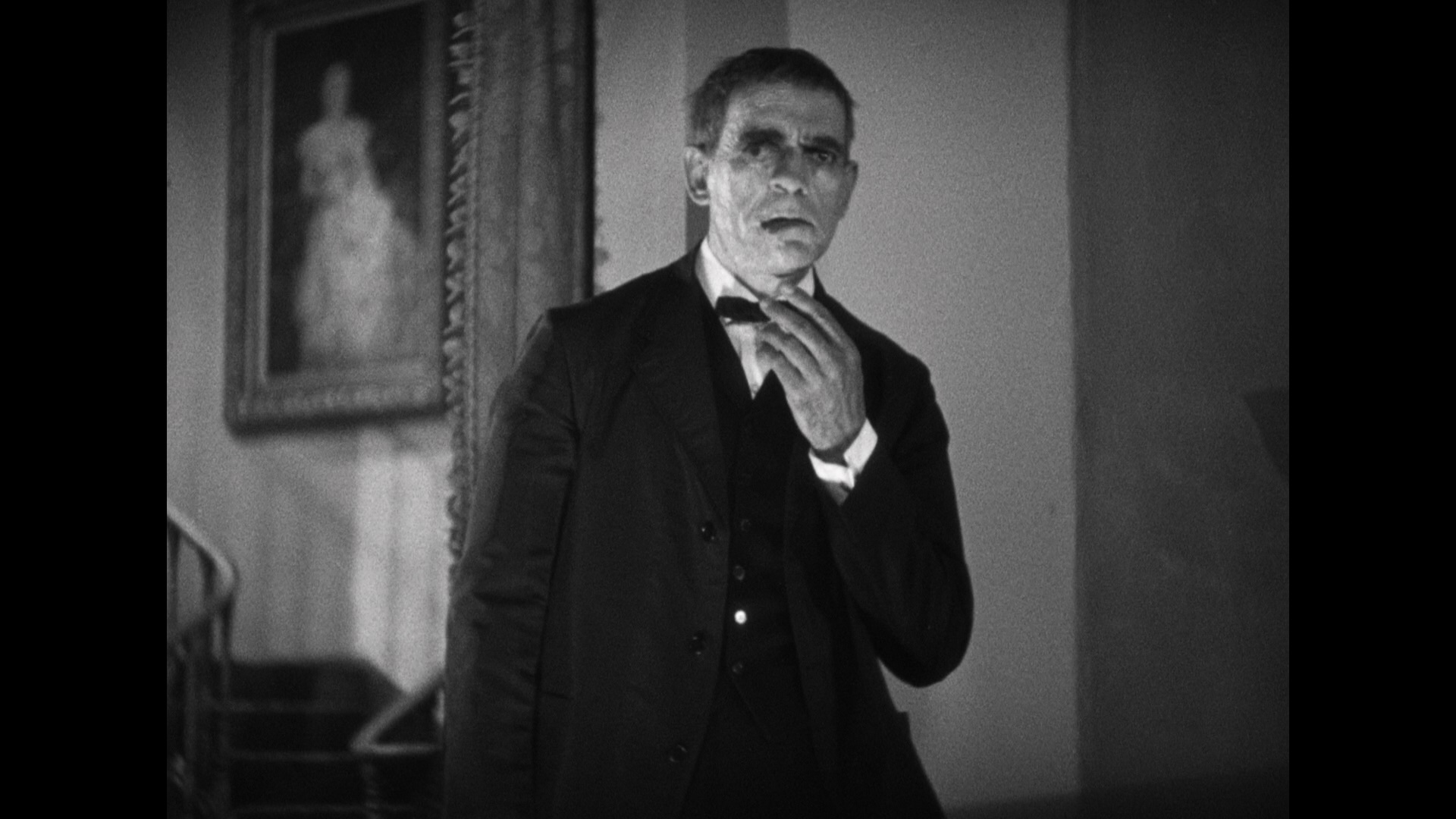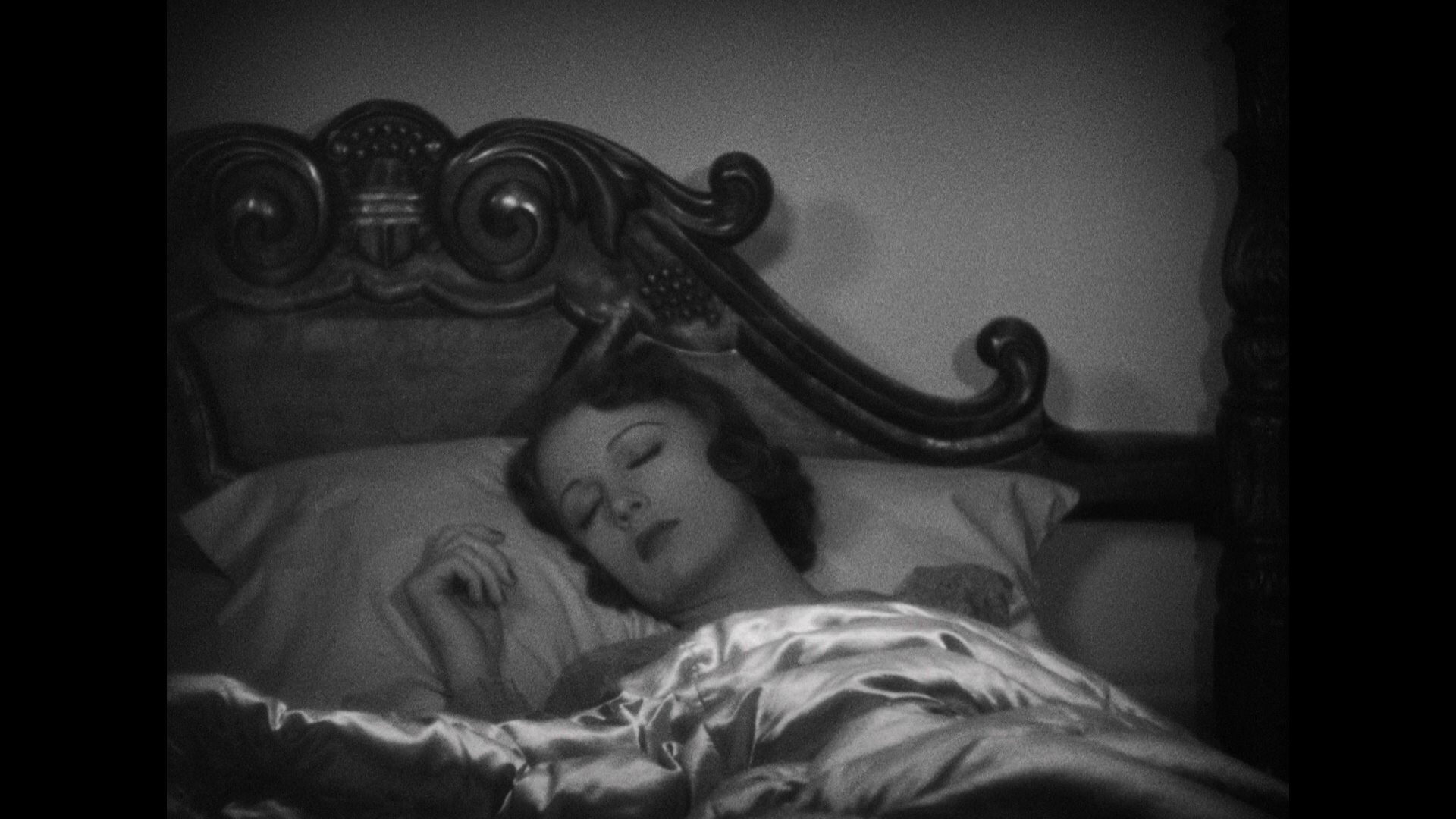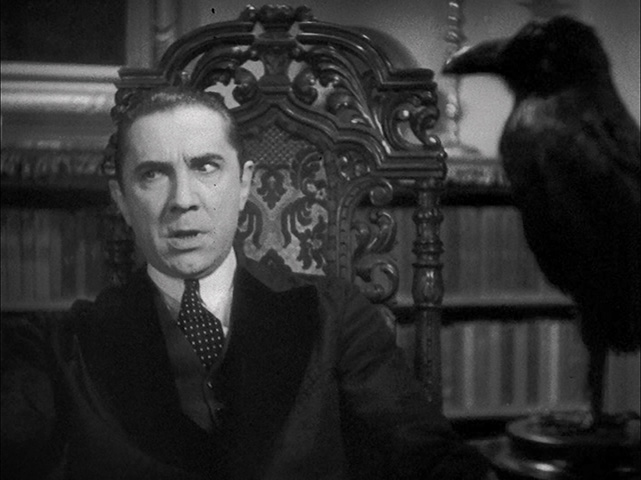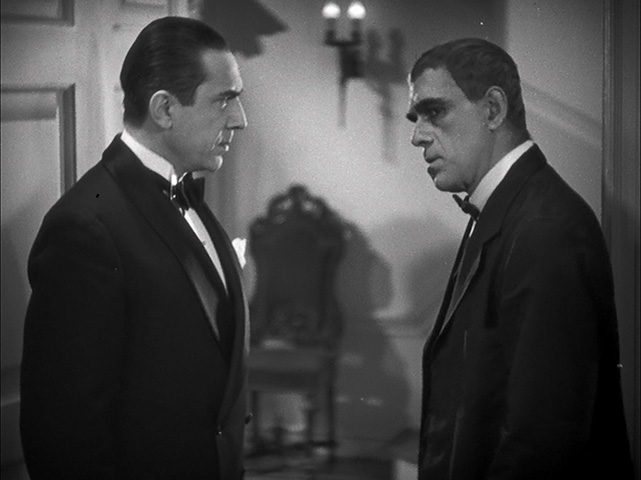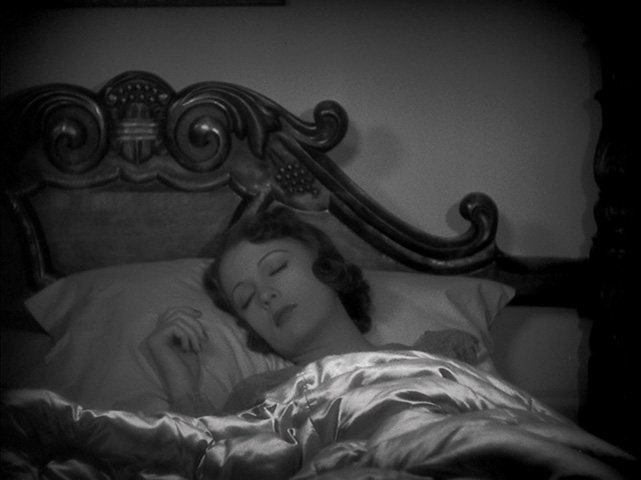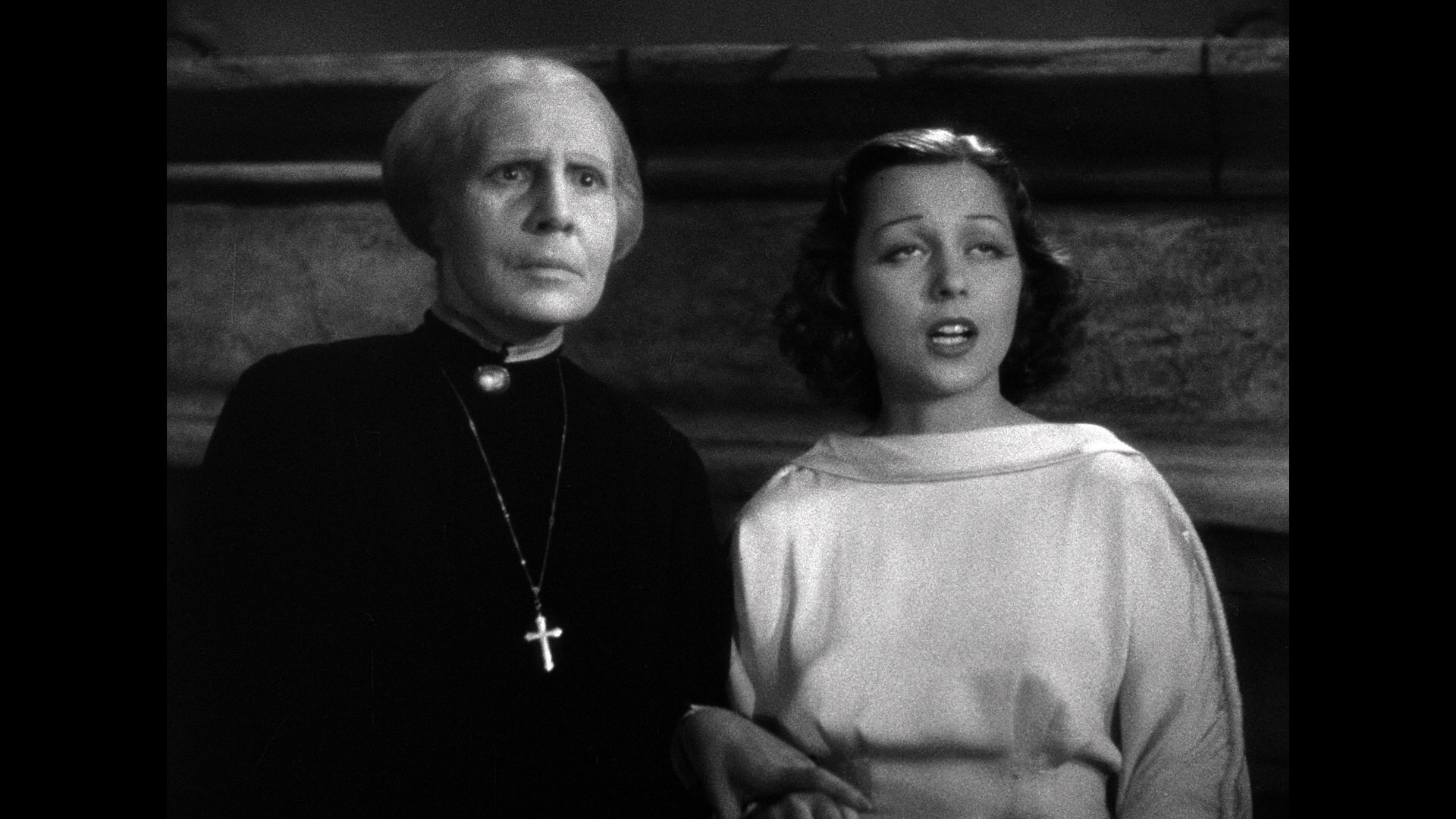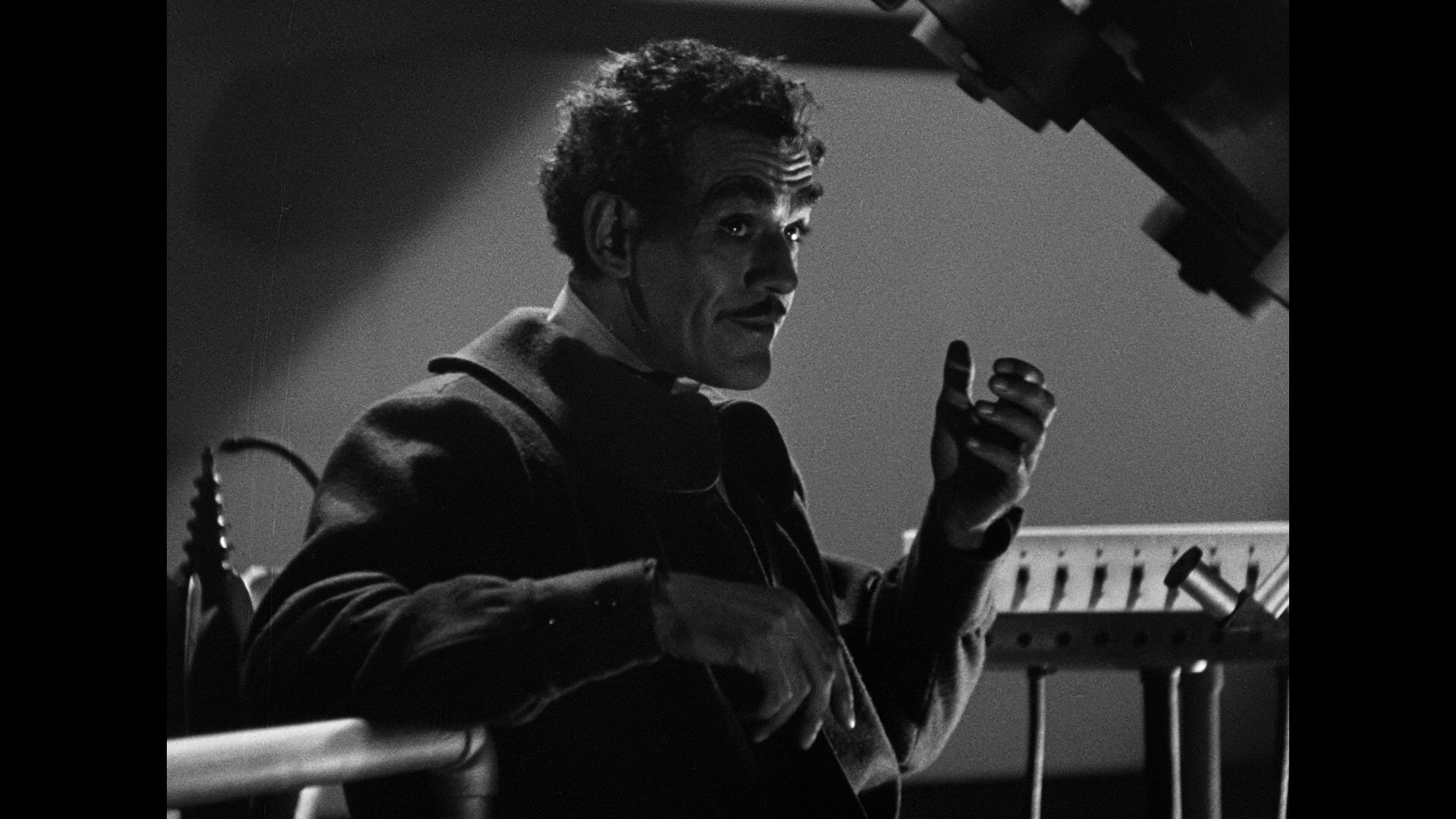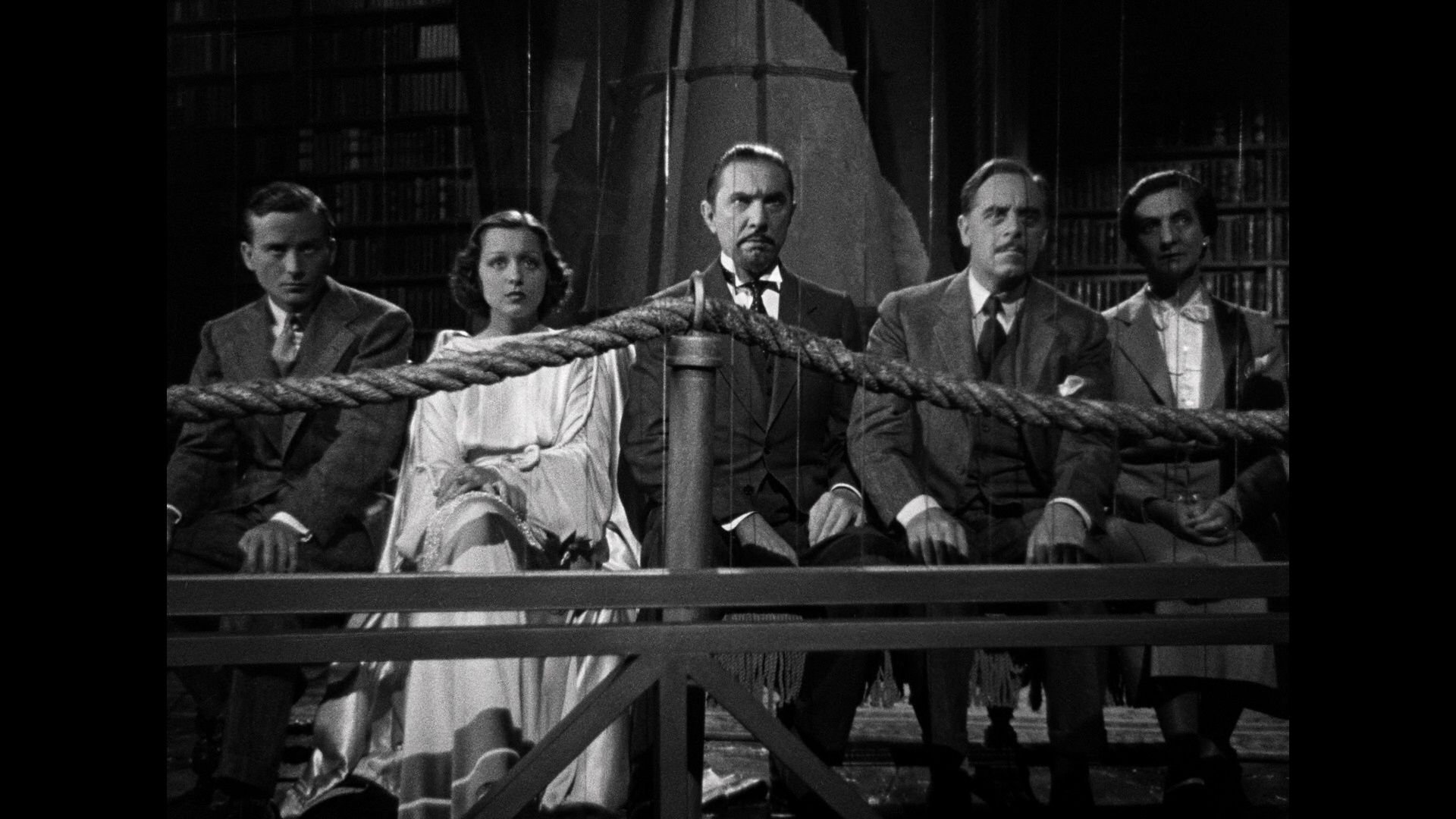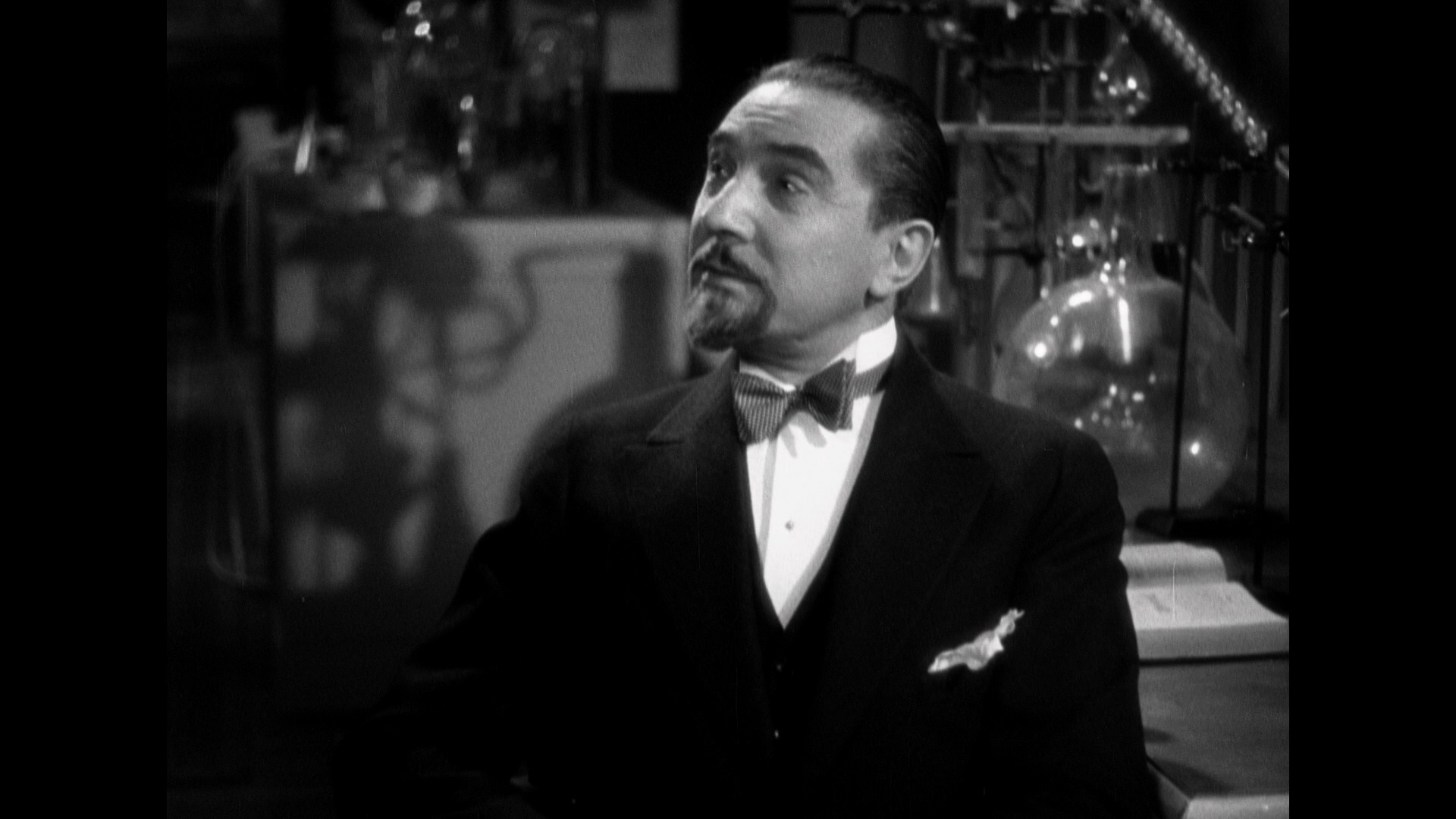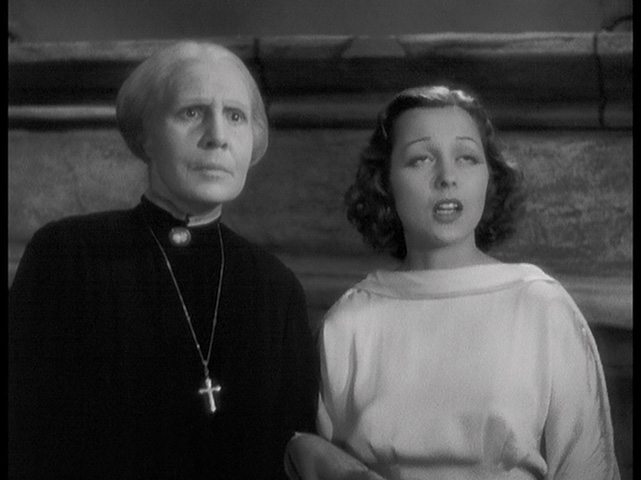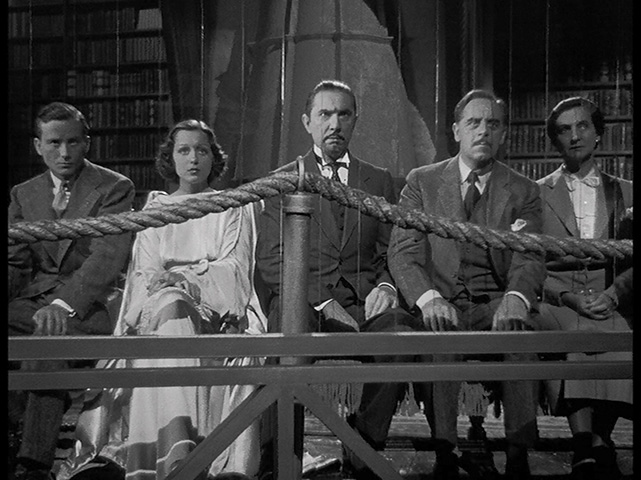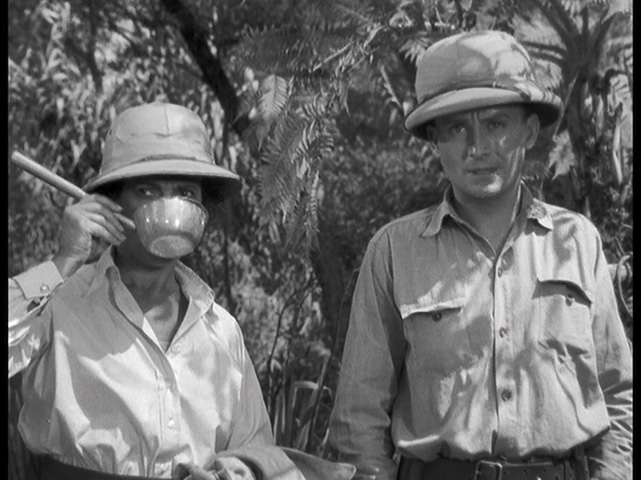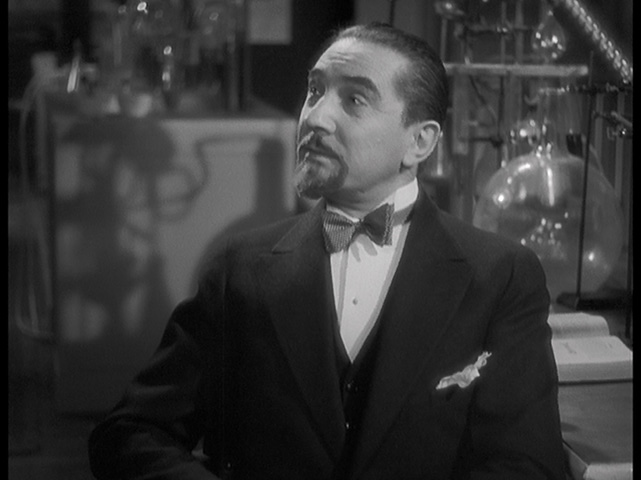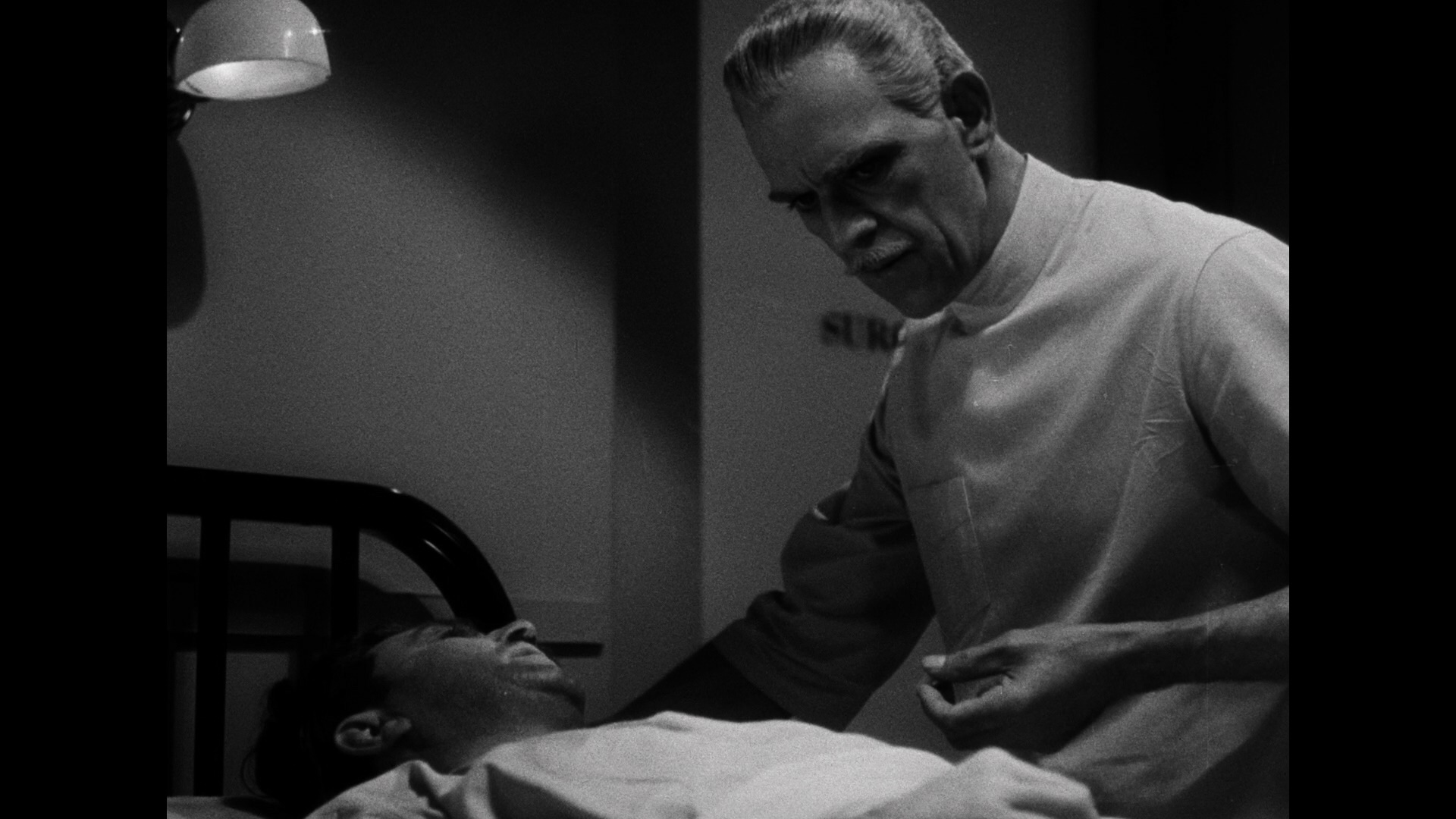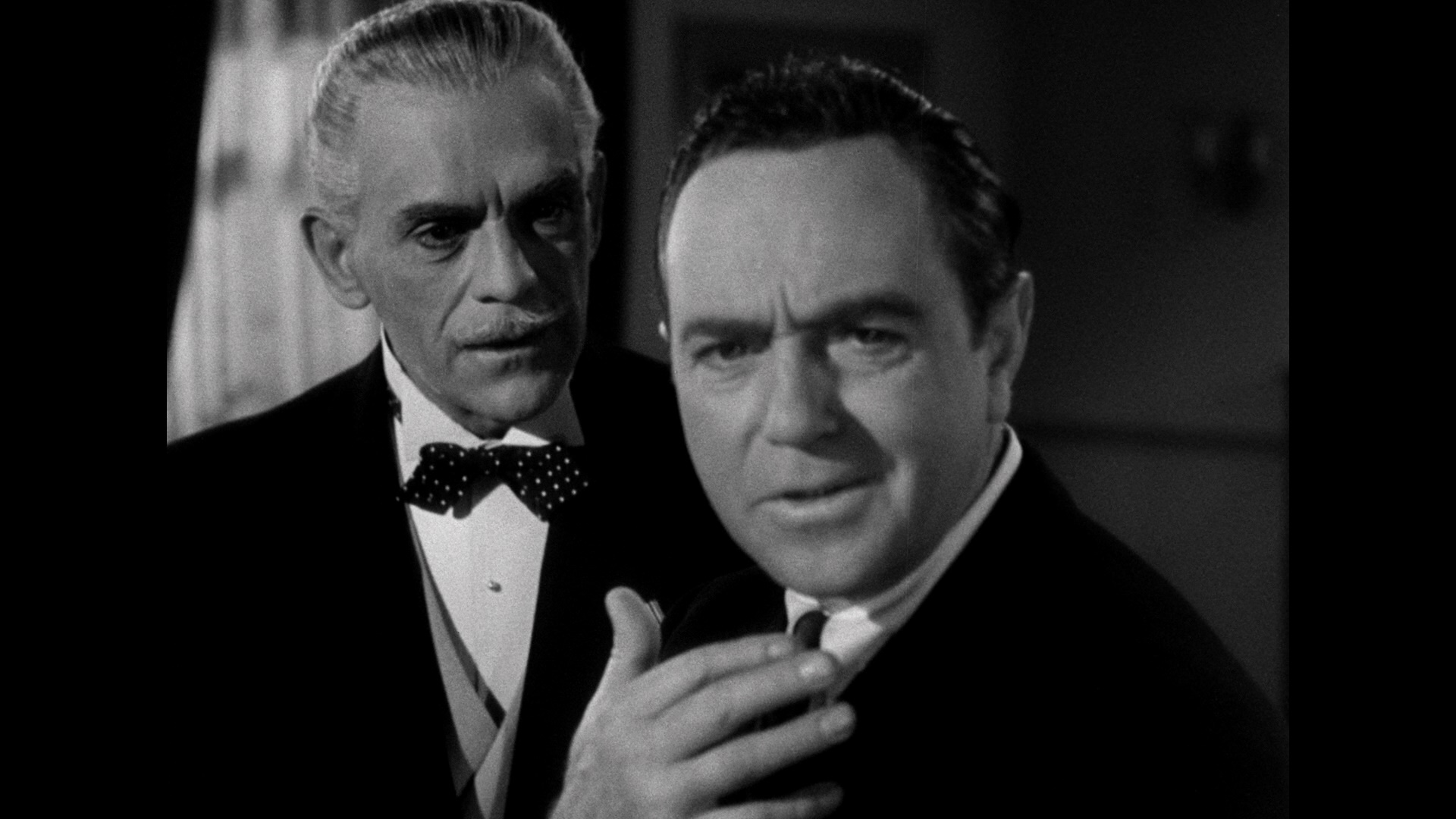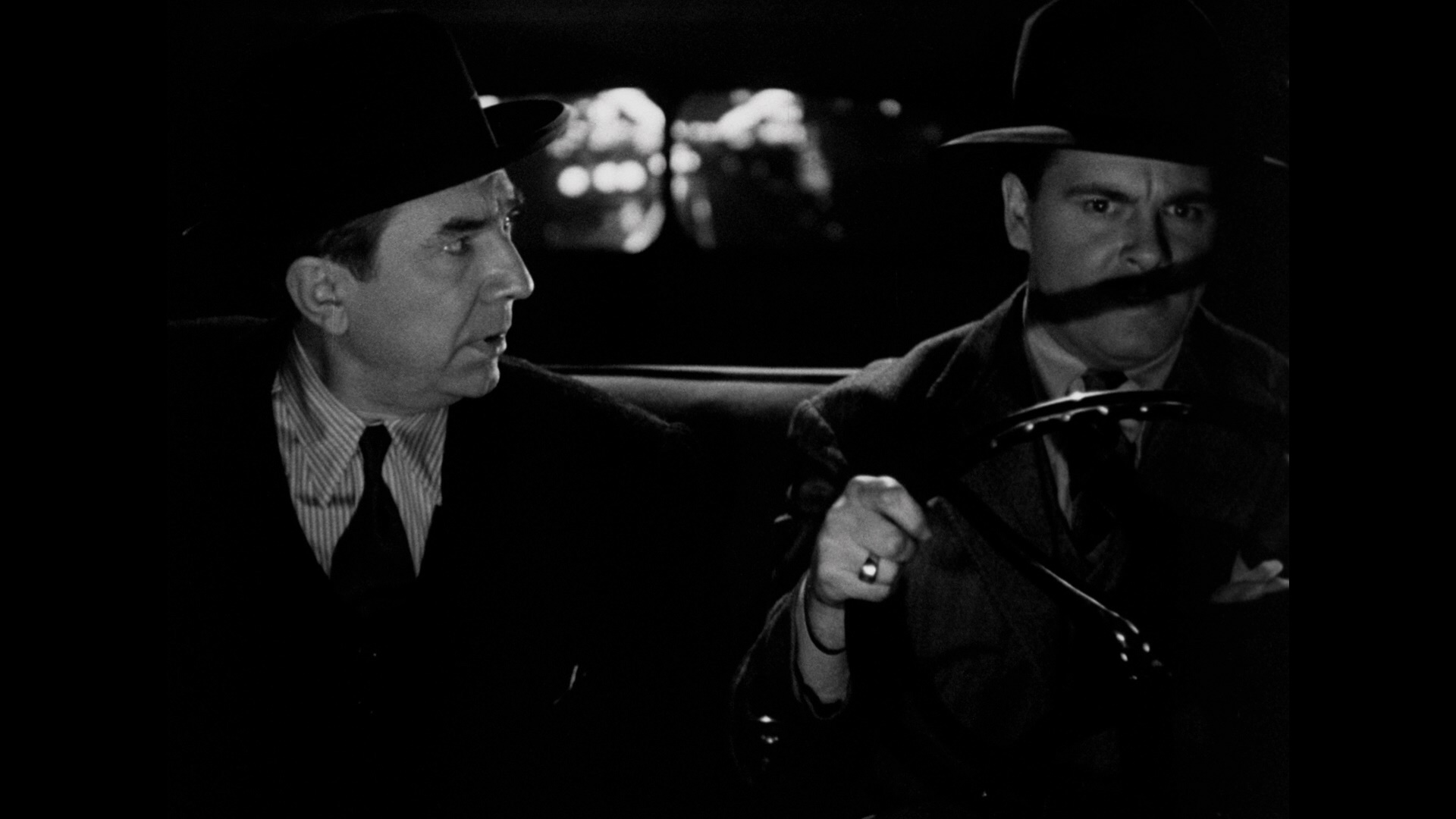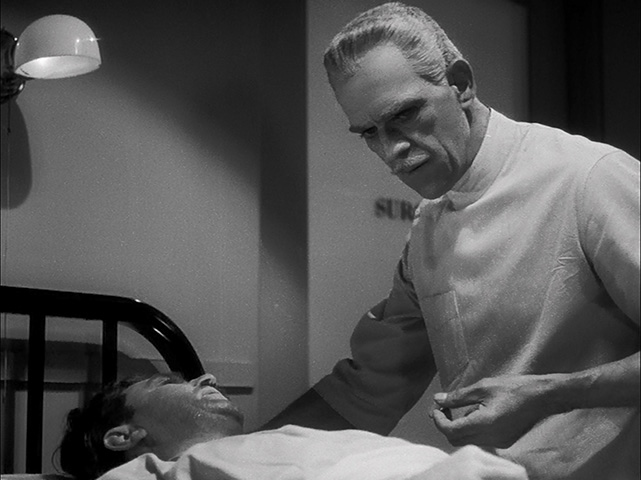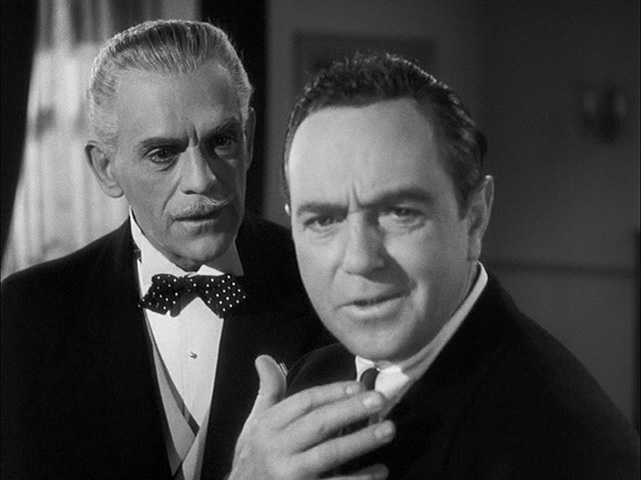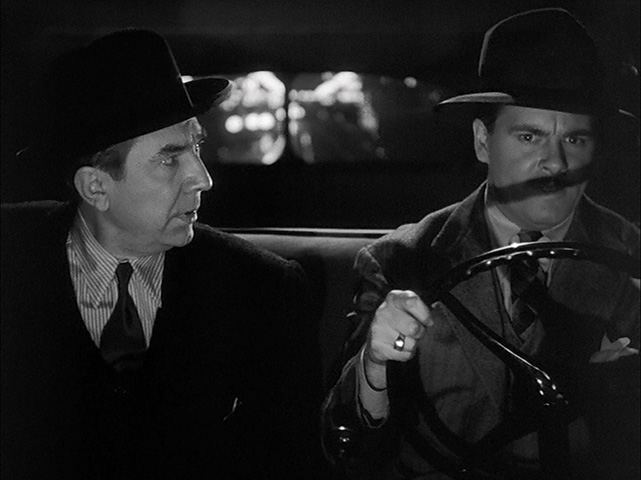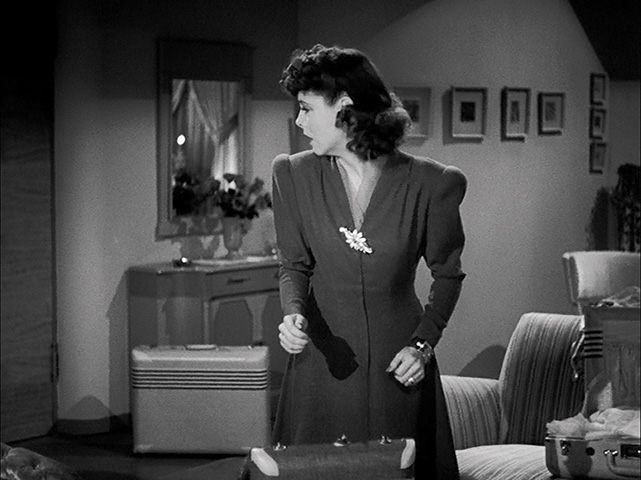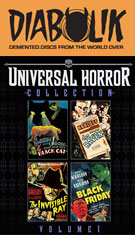
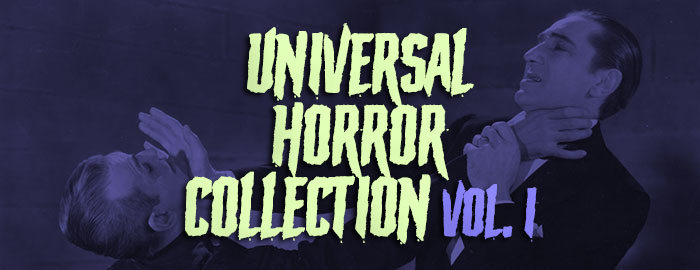
THE BLACK CAT
B&W, 1934, 65 mins. 32 secs.
Directed by Edgar G. Ulmer
Starring Boris Karloff, Bela Lugosi, David Manners, Jacqueline Wells
THE RAVEN
B&W, 1935, 61 mins. 17 secs.
Directed by Lew Landers
Starring Boris Karloff, Bela Lugosi, Lester Matthews, Irene Ware
THE INVISIBLE RAY
B&W, 1936, 79 mins. 13 secs.
Directed by Lambert Hillyer
Starring Boris Karloff, Bela Lugosi, Frances Drake, Frank Lawton
BLACK FRIDAY
B&W, 1940, 70 mins. 1 sec.
Directed by Arthur Lubin
Starring Boris Karloff, Bela Lugosi, Stanley Ridges, Anne Nagel
Scream Factory (Blu-ray) (US RA HD), Universal (DVD) (US R1 NTSC)
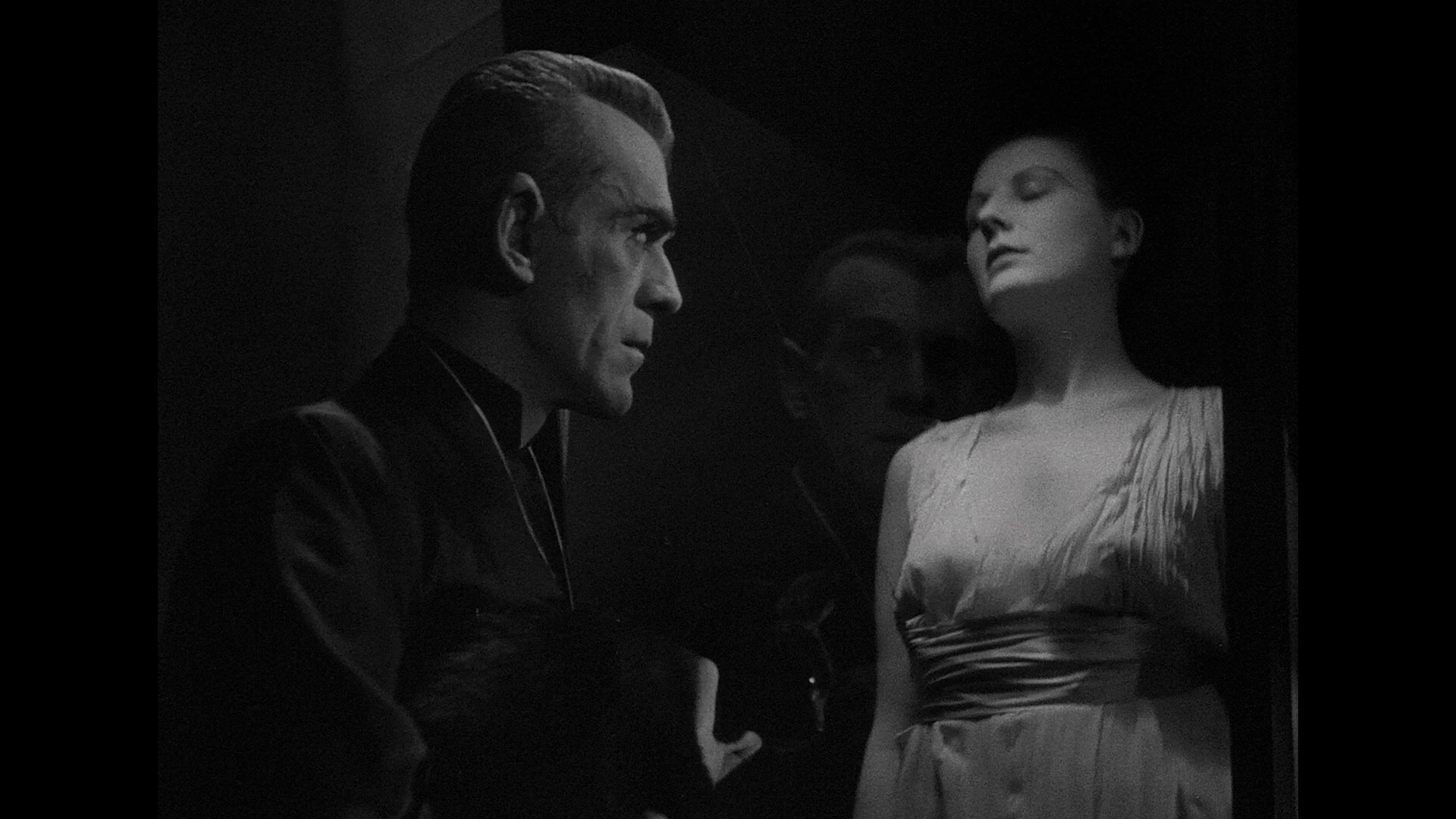 the smash succession of Frankenstein and Dracula (among other monster tales), Universal Pictures
the smash succession of Frankenstein and Dracula (among other monster tales), Universal Pictures  didn’t need much convincing to put together two of its biggest box office draws, Boris Karloff and Bela Lugosi. Though Karloff consistently received top billing, the five films the pair made at the studio (with another two outside it) gave plenty of meaty material to both men with variations in how much villainy or (anti-)heroism they got to play. While their memorable teaming in 1939’s Son of Frankenstein has been readily available on Blu-ray for some time in an immaculate 4K restoration, the other four Universal pairings remained frustratingly out of reach in HD until the much-needed 2019 Scream Factory boxed set, Universal Horror Collection: Vol. 1 (originally announced as The Boris Karloff/Bela Lugosi Collection but changed due to estate issues).
didn’t need much convincing to put together two of its biggest box office draws, Boris Karloff and Bela Lugosi. Though Karloff consistently received top billing, the five films the pair made at the studio (with another two outside it) gave plenty of meaty material to both men with variations in how much villainy or (anti-)heroism they got to play. While their memorable teaming in 1939’s Son of Frankenstein has been readily available on Blu-ray for some time in an immaculate 4K restoration, the other four Universal pairings remained frustratingly out of reach in HD until the much-needed 2019 Scream Factory boxed set, Universal Horror Collection: Vol. 1 (originally announced as The Boris Karloff/Bela Lugosi Collection but changed due to estate issues). 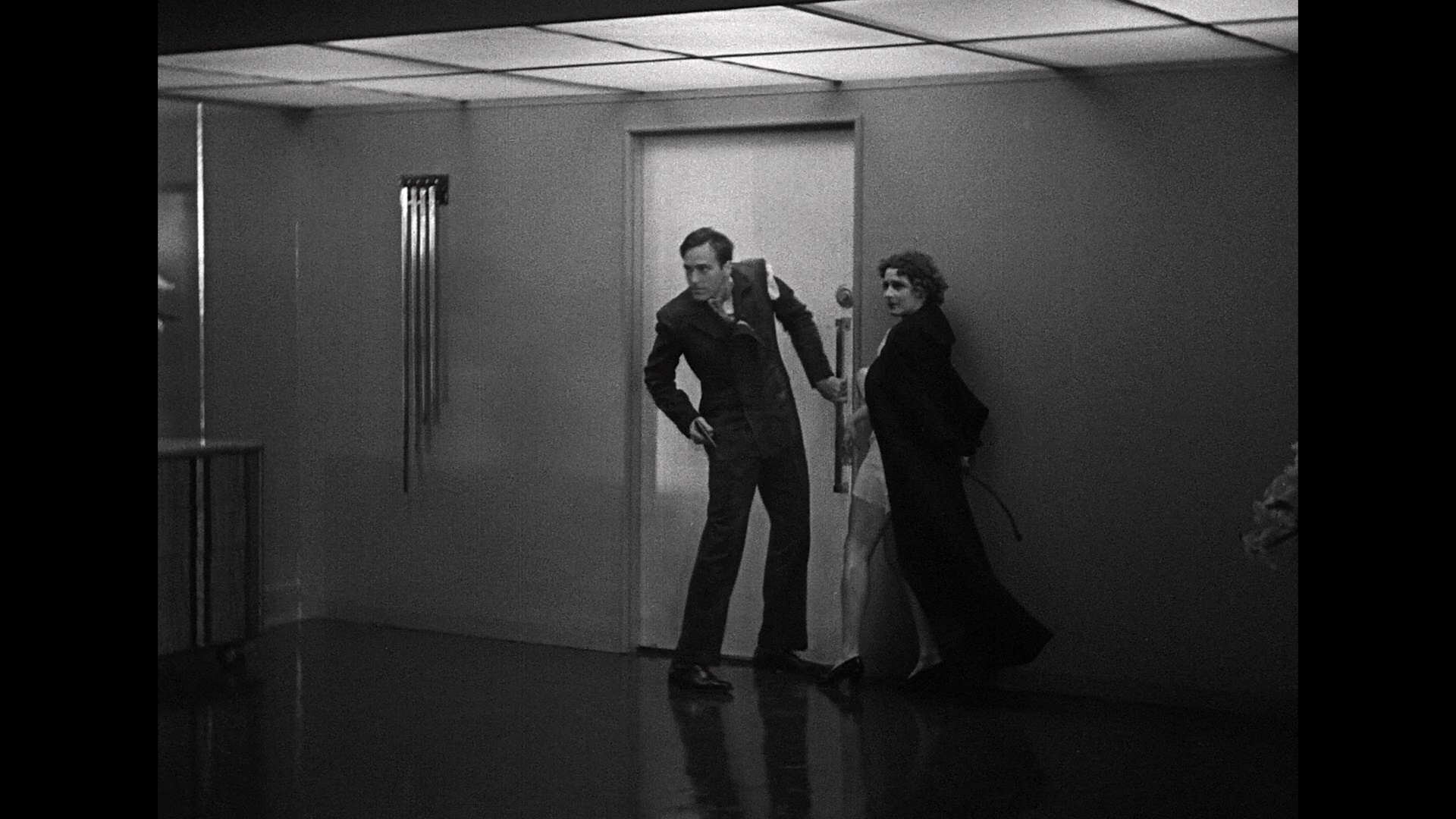 was all implied rather than explicitly shown. Nevertheless, it’s one of the most perverse studio horror films of the era and still twisted enough to raise an eyebrow
was all implied rather than explicitly shown. Nevertheless, it’s one of the most perverse studio horror films of the era and still twisted enough to raise an eyebrow  or two. Suffused with the pain and dread of World War I as well as the public’s fascination with the dark antics of Aleister Crowley (and completely devoid of anything connected to Edgar Allan Poe), the story begins with two newlyweds, thriller writer Peter (Manners) and his wife Joan (Wells), sharing a train ride with Vitus Werdegast (Lugosi), a Hungarian psychologist and former solider recently released after years in prison. Werdegast is now on a mission to track down his missing wife and daughter as well as seek a confrontation with Hjalmar Poelzig (Karloff), who betrayed Werdegast’s platoon and has now built an ultra-modernist house on the site of the massacre. Following a vehicular accident, Werdegast and the couple end up at Poelzig’s fortress where they become entangled in a web of shocking secrets and devil worship.
or two. Suffused with the pain and dread of World War I as well as the public’s fascination with the dark antics of Aleister Crowley (and completely devoid of anything connected to Edgar Allan Poe), the story begins with two newlyweds, thriller writer Peter (Manners) and his wife Joan (Wells), sharing a train ride with Vitus Werdegast (Lugosi), a Hungarian psychologist and former solider recently released after years in prison. Werdegast is now on a mission to track down his missing wife and daughter as well as seek a confrontation with Hjalmar Poelzig (Karloff), who betrayed Werdegast’s platoon and has now built an ultra-modernist house on the site of the massacre. Following a vehicular accident, Werdegast and the couple end up at Poelzig’s fortress where they become entangled in a web of shocking secrets and devil worship. 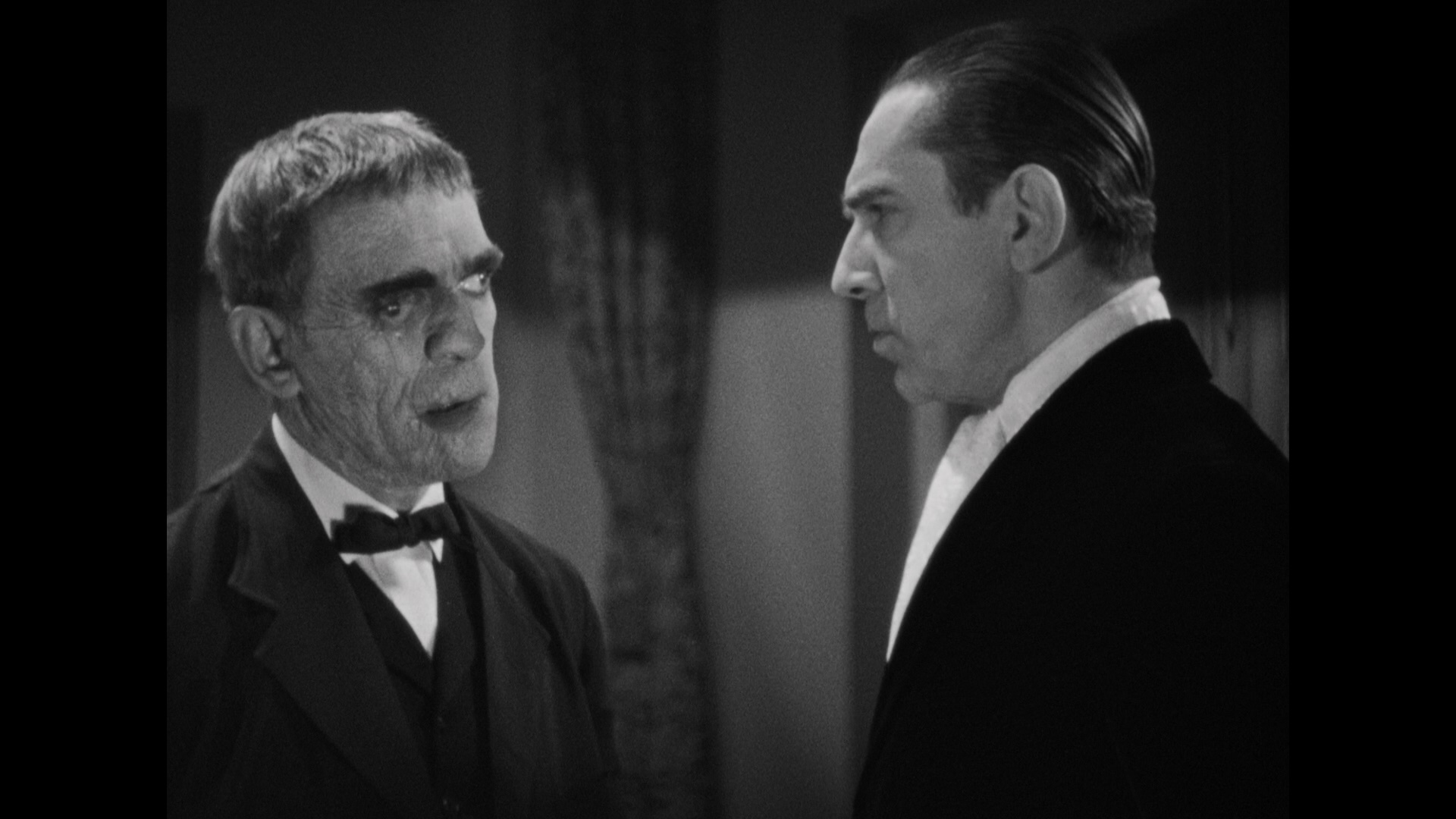 went before the cameras and made it past the workprint stage can’t be proven
went before the cameras and made it past the workprint stage can’t be proven 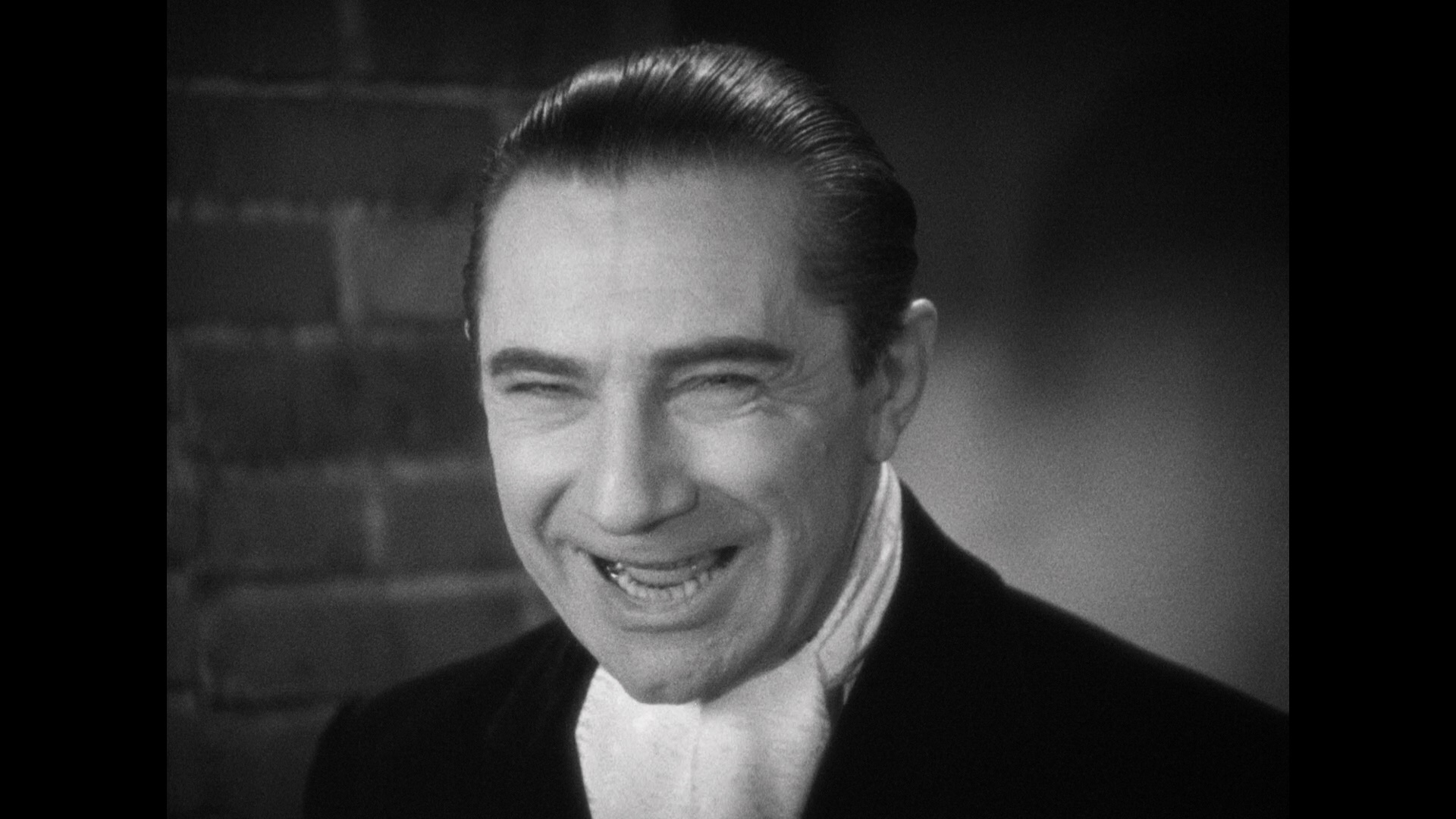 since Ulmer’s first cut wasn’t saved, but what we have it still far beyond the palatable supernatural horrors that had become Universal’s bread and butter at the time.
since Ulmer’s first cut wasn’t saved, but what we have it still far beyond the palatable supernatural horrors that had become Universal’s bread and butter at the time.  would indulge in with Monogram Pictures and other quickie indies. That’s hardly a flaw though as it particularly allows Lugosi to gnash the scenery with gusto, and Karloff’s ghoulish appearance also goes a long way to establishing a tension between the two men that pays off during the lively,
would indulge in with Monogram Pictures and other quickie indies. That’s hardly a flaw though as it particularly allows Lugosi to gnash the scenery with gusto, and Karloff’s ghoulish appearance also goes a long way to establishing a tension between the two men that pays off during the lively, 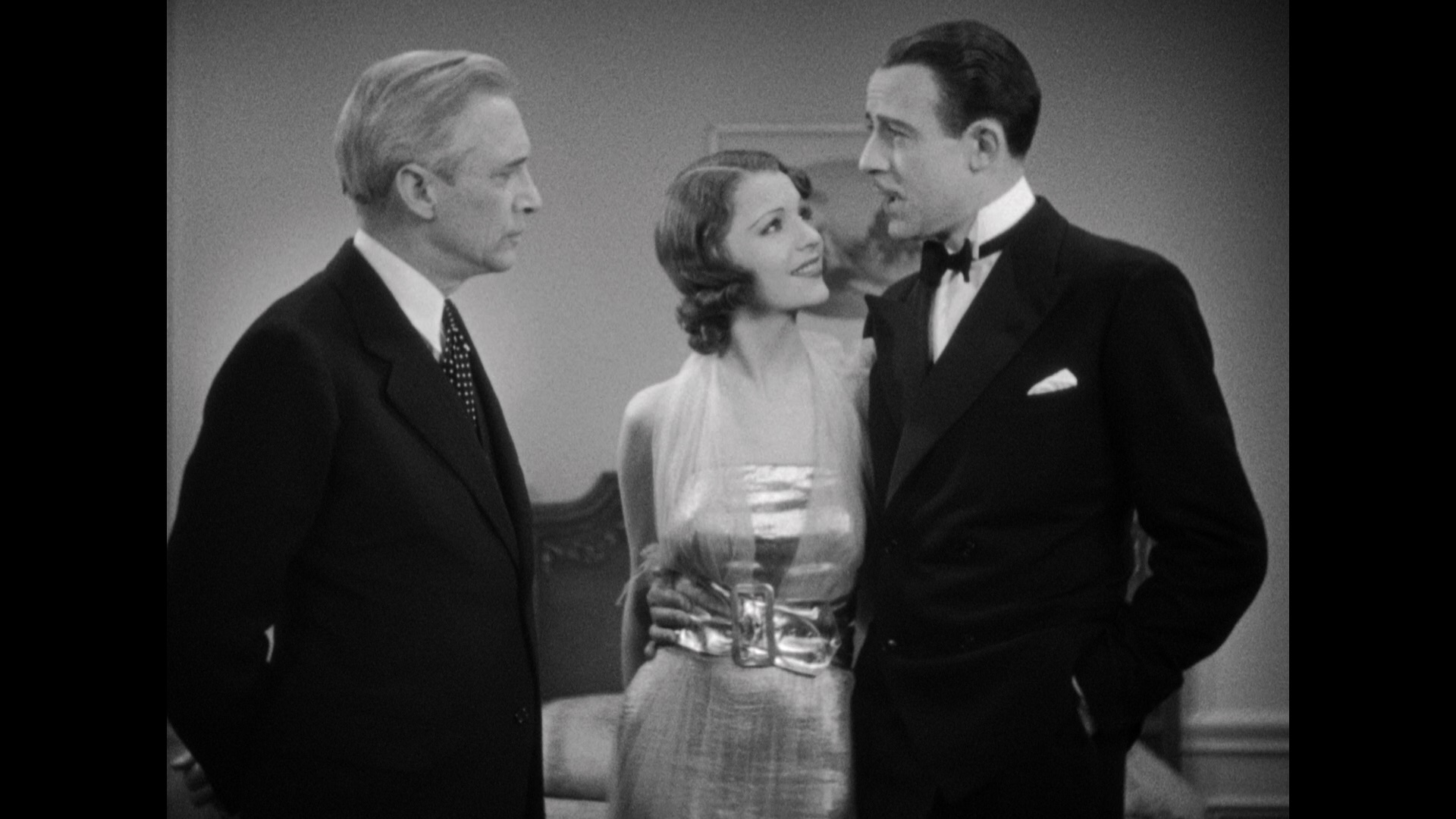 over-the-top finale.
over-the-top finale. 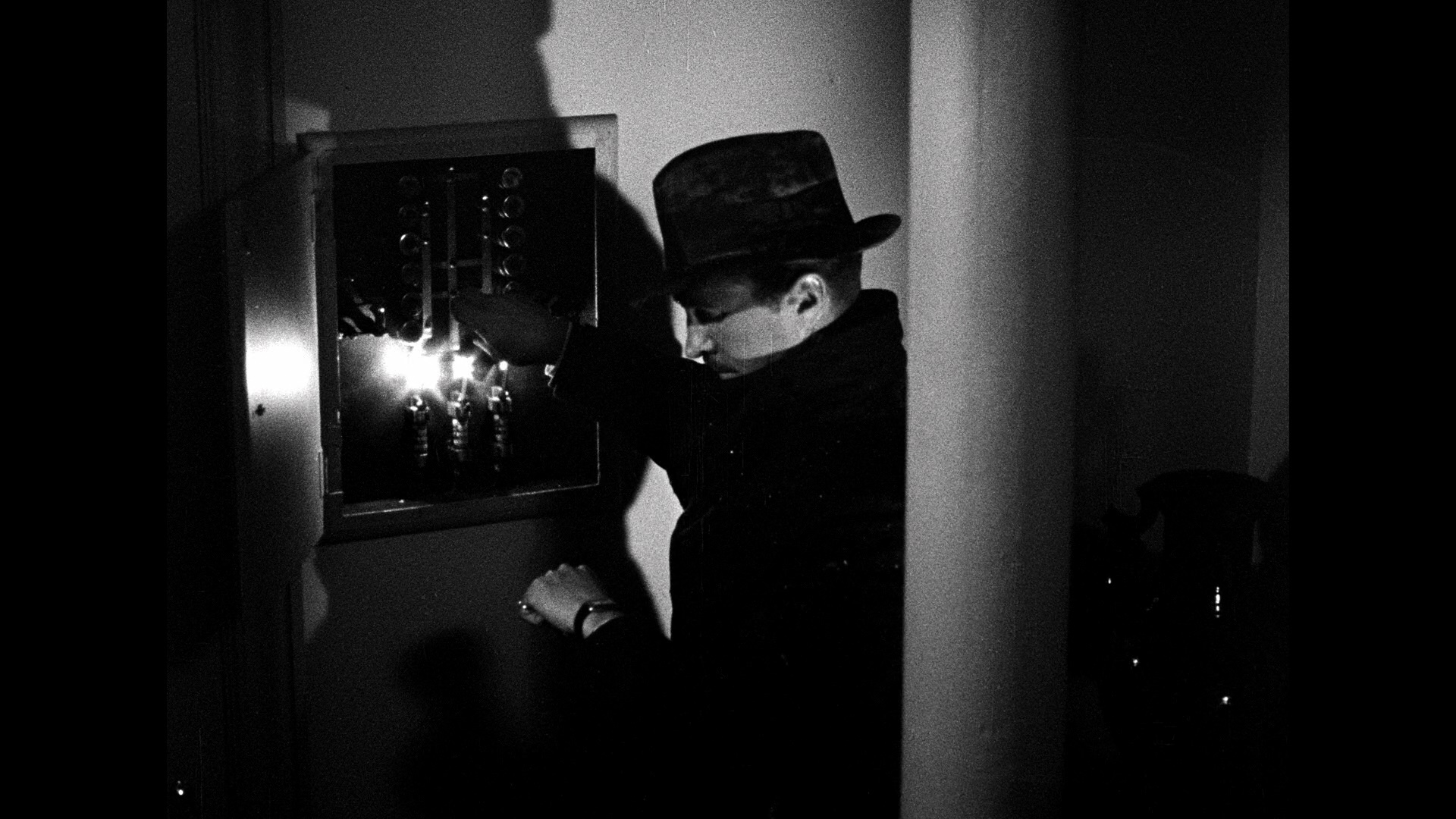 to assuage the latter symptom and keeps Rukhl alive, but back home the contaminated doctor becomes increasingly unhinged over his psychotic delusions of betrayal including the infidelity of his wife, Diana (Drake), setting off a homicidal spree.
to assuage the latter symptom and keeps Rukhl alive, but back home the contaminated doctor becomes increasingly unhinged over his psychotic delusions of betrayal including the infidelity of his wife, Diana (Drake), setting off a homicidal spree.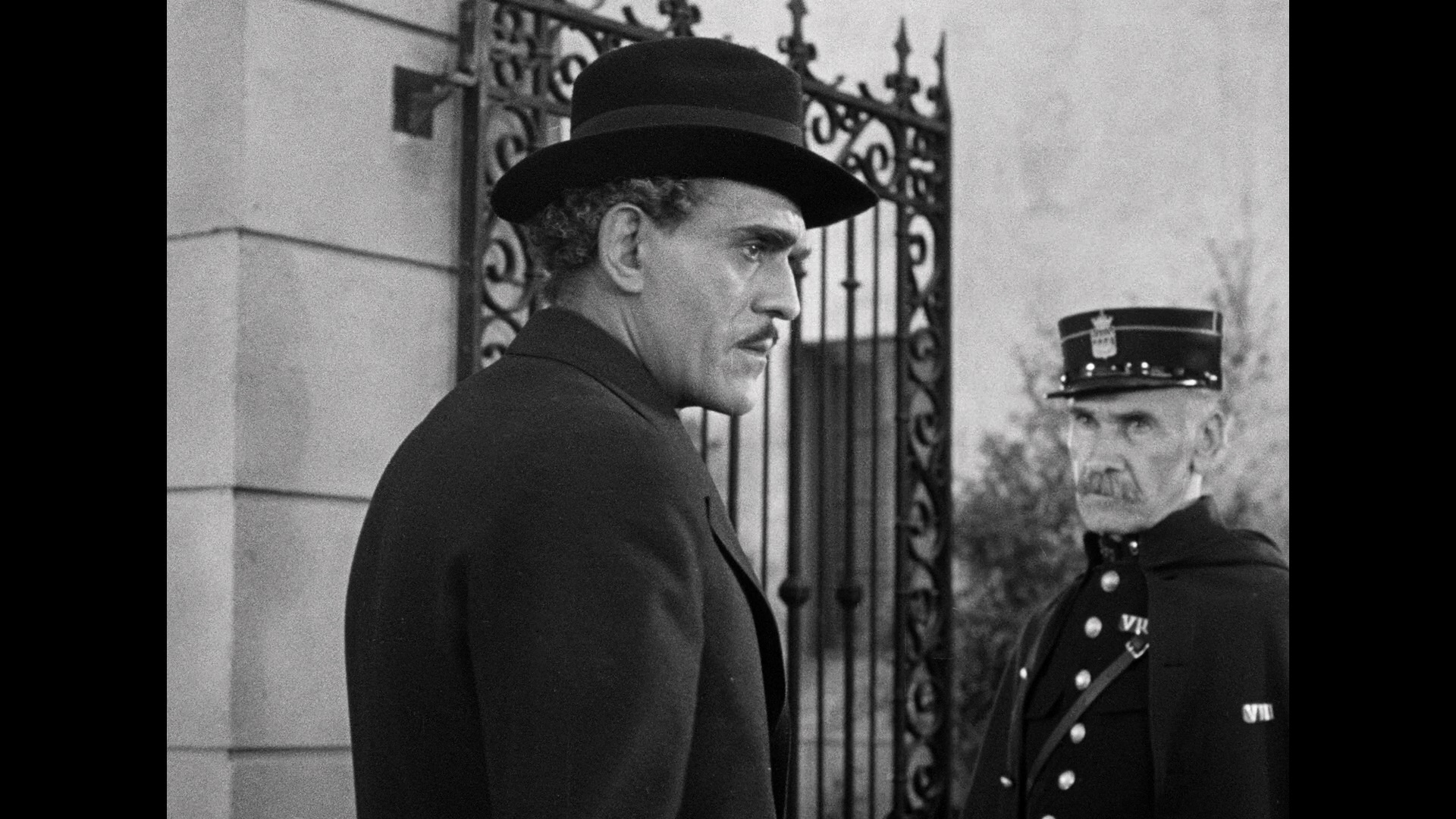 by any means, but it’s stylish and doesn’t feature any narrative fat at all as it bounces through multiple locations to chart the destructive effects of Karloff’s discovery.
by any means, but it’s stylish and doesn’t feature any narrative fat at all as it bounces through multiple locations to chart the destructive effects of Karloff’s discovery. 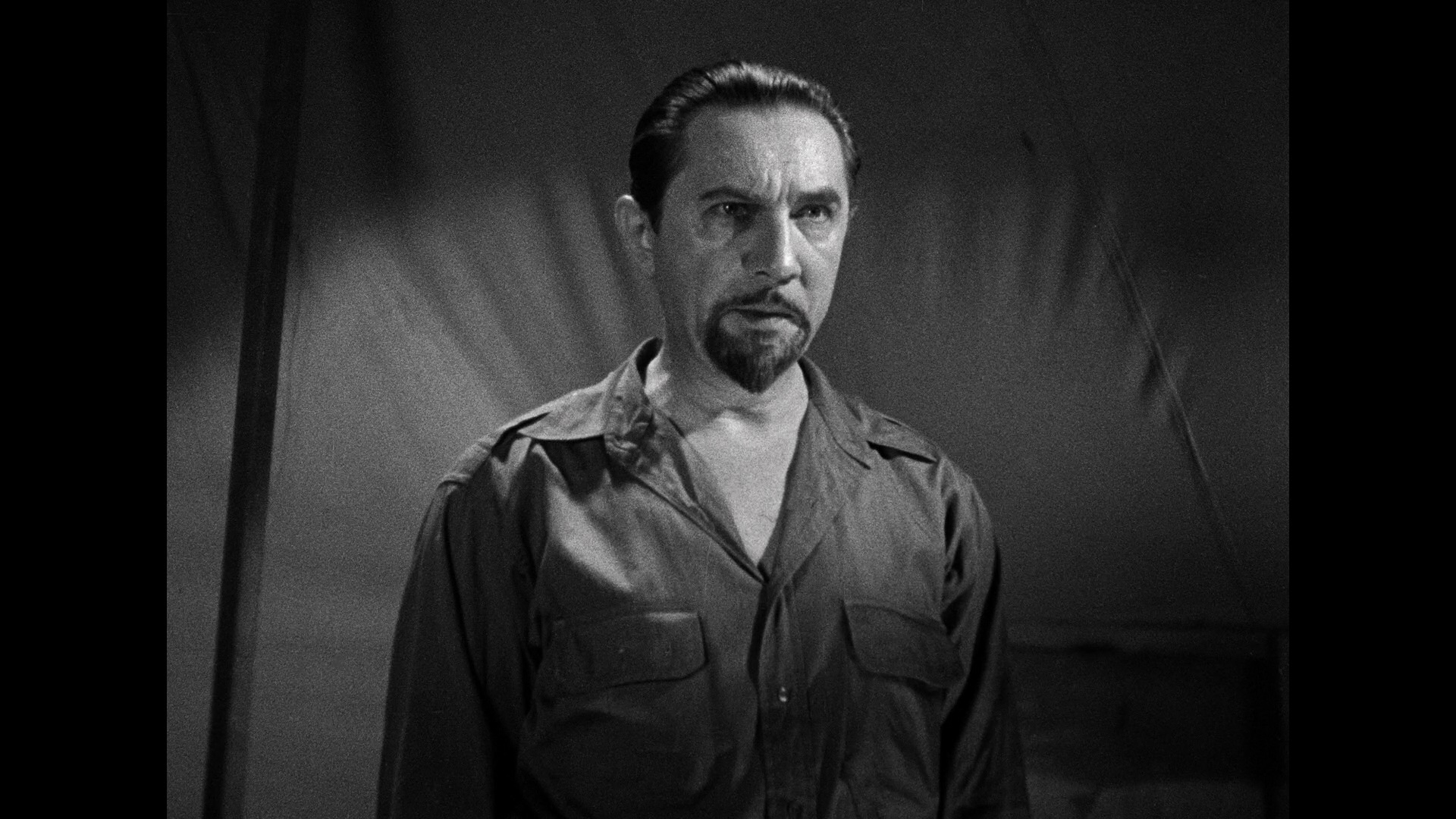 mobster named Red Cannon, is also wheeled in and supposedly had half a million in cash stashed away just before the accident. Figuring he can find the whereabouts of the money, Sovac dumps Cannon’s consciousness into Kingsley’s cranium, with the two men ultimately sharing the same body. Of course, the dead man soon turns out to have a score to settle against his rivals with former underling Eric Marnay (Lugosi) near the top of
mobster named Red Cannon, is also wheeled in and supposedly had half a million in cash stashed away just before the accident. Figuring he can find the whereabouts of the money, Sovac dumps Cannon’s consciousness into Kingsley’s cranium, with the two men ultimately sharing the same body. Of course, the dead man soon turns out to have a score to settle against his rivals with former underling Eric Marnay (Lugosi) near the top of  the list.
the list. 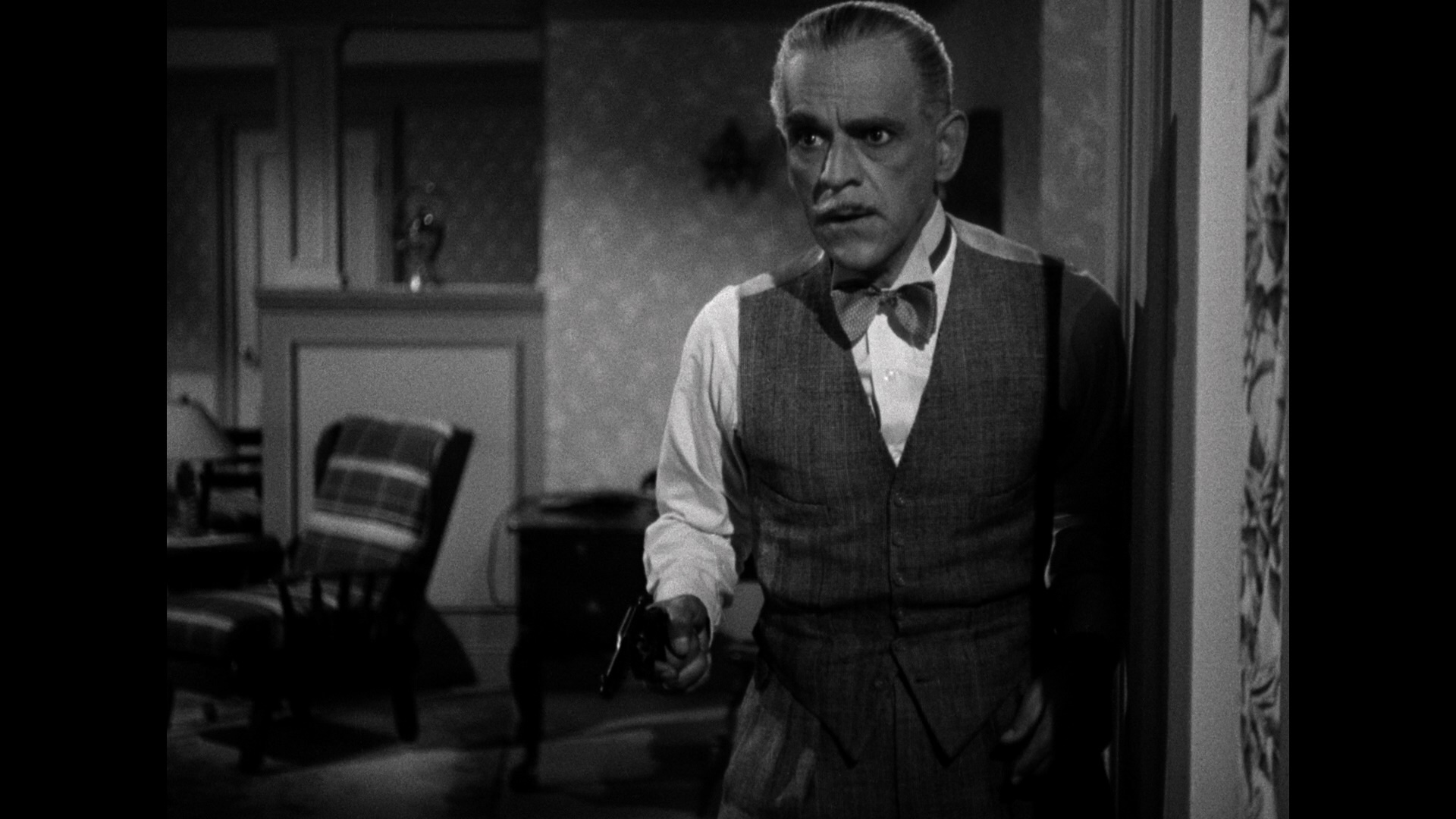 anyone’s guess.) The film ultimately circulated on TV far less than its predecessors and was written about in monster magazines and books far more than it was actually seen, but the advent of home video has since allowed a greater opportunity to see this oddly compromised but f
anyone’s guess.) The film ultimately circulated on TV far less than its predecessors and was written about in monster magazines and books far more than it was actually seen, but the advent of home video has since allowed a greater opportunity to see this oddly compromised but f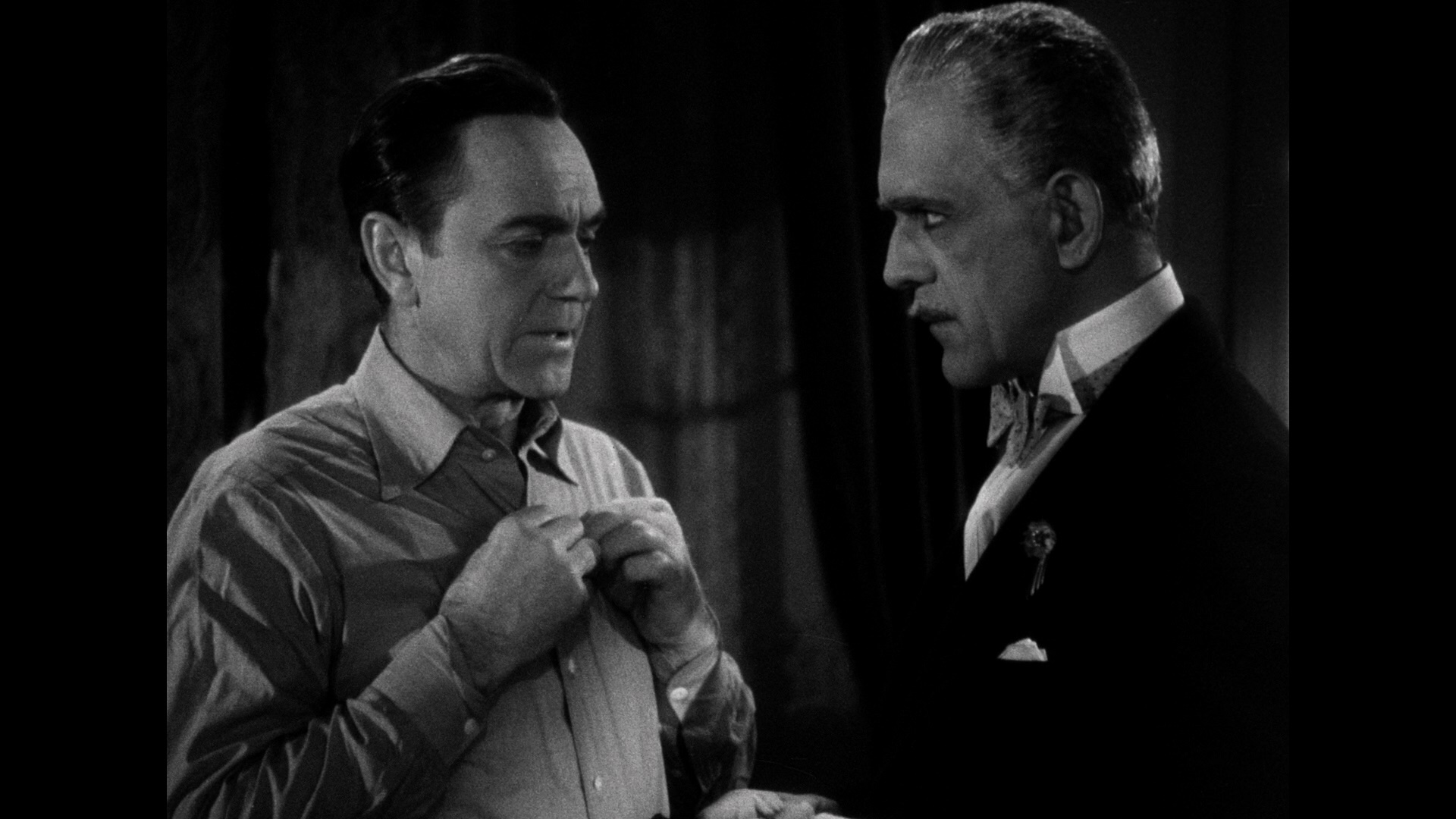 ascinating final entry in the Karloff-Lugosi Universal cycle.
ascinating final entry in the Karloff-Lugosi Universal cycle. 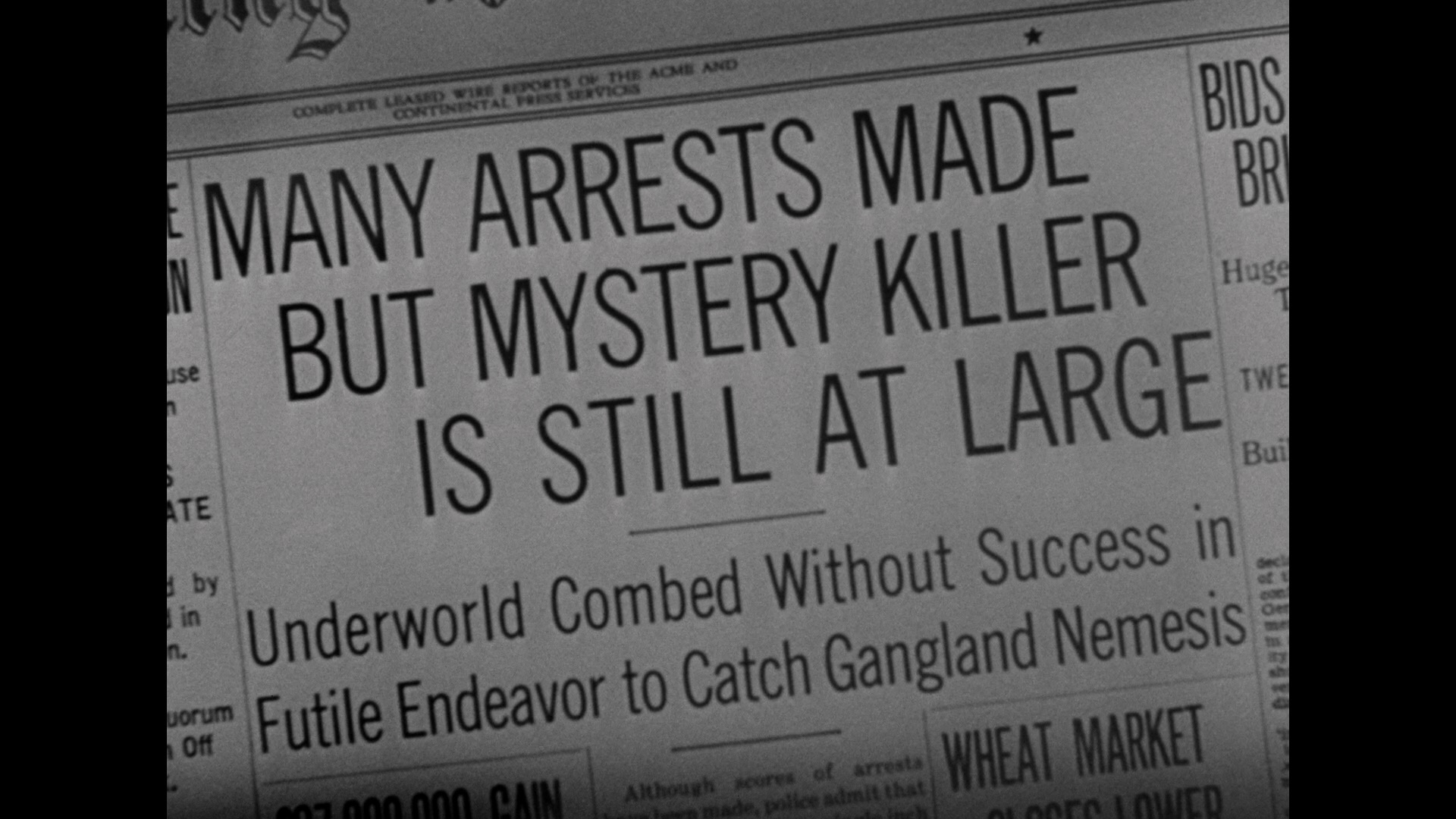 nuances in the performances, and great excerpts from his own interviews with Manners and Wells, while Steve Haberman tackles the film as a key entry in the early horror canon, an extension of German Expressionist classics, and a breakthrough in the presentation of World War I's horrific impact on the culture. Despite the absence of Poe in the story, the disc also includes the archival "Dreams Within a Dream: The Classic Cinema of Edgar Allan Poe" (56m2s) narrated by Hellraiser's Doug Bradley,
nuances in the performances, and great excerpts from his own interviews with Manners and Wells, while Steve Haberman tackles the film as a key entry in the early horror canon, an extension of German Expressionist classics, and a breakthrough in the presentation of World War I's horrific impact on the culture. Despite the absence of Poe in the story, the disc also includes the archival "Dreams Within a Dream: The Classic Cinema of Edgar Allan Poe" (56m2s) narrated by Hellraiser's Doug Bradley, 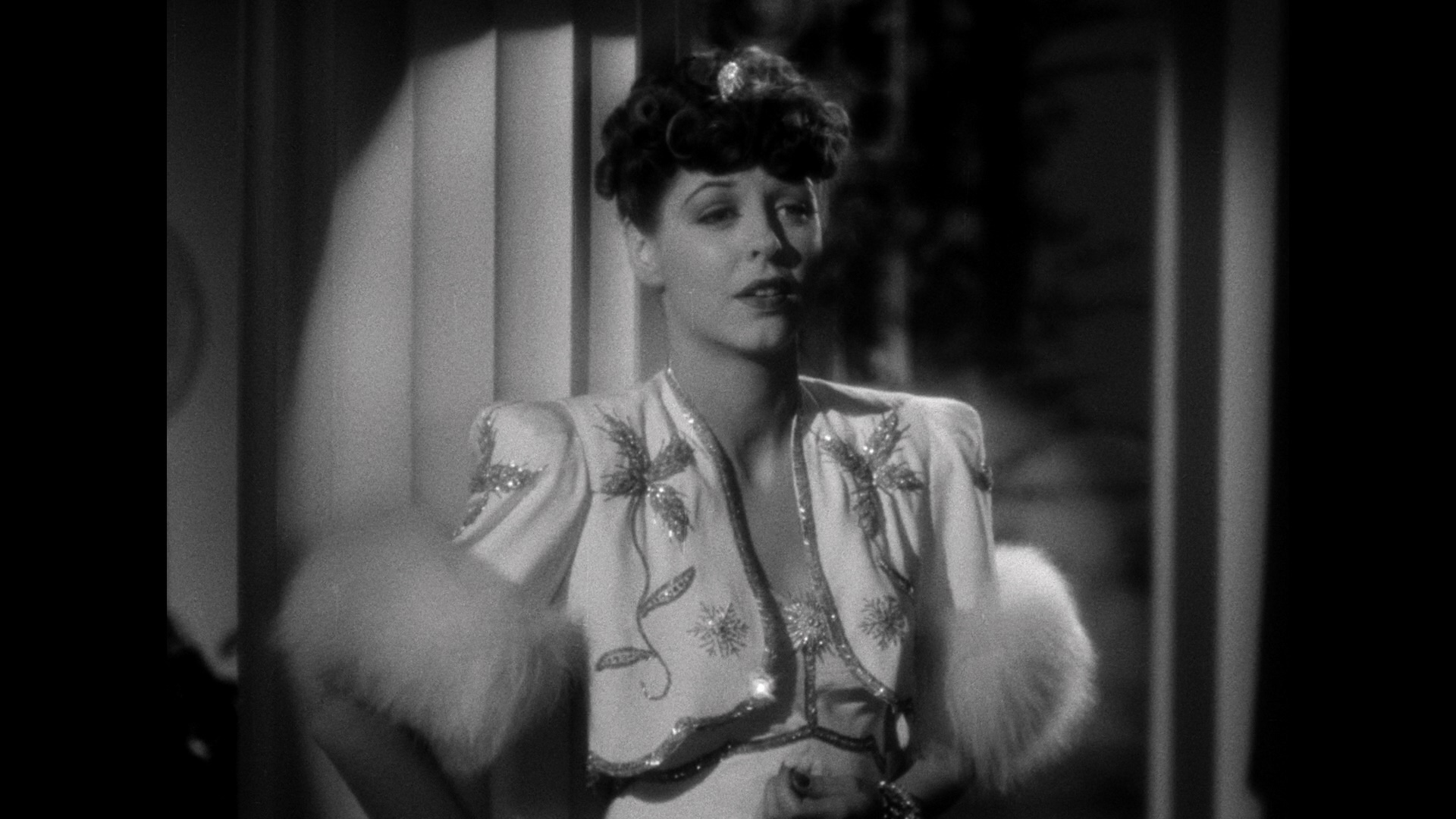 sketching the author's impact on cinema with a focus on adaptations filled with surrealism and psychological torment including the Corman/Price cycle and several silent shorts. Also included is a snippet of newsreel footage of "The Black Cat Contest" (49s) to promote the film, with Lugosi greeting lots of little tykes caring around some very displeasing pussy cats. The Raven also sports two audio commentaries featuring Haberman and Gary D. Rhodes, who manage to cram in a lot of info given that there's really only an hour to fill for each of them. They go further into the Lugosi-Karloff chemistry and off-camera rapport, the film's role in a temporary ban on horror movies in the U.K., the state of Universal at the time, the Poe fixation at the studio, and more. Also included is an audio reading of Poe's "The Tell-Tale Heart" (13m22s) with Lugosi giving a very enjoyable, dramatic performance. The Invisible Ray switches gears with a commentary by monster kid supreme Tom Weaver (with a lengthy cameo by Randall Larson about the score by Franz Waxman), who injects more comic relief than usual here with tricky editing in and out of the film as expounds on the film's sci-fi elements and its two stars while also working in notes on differences from the original script. Also included is a theatrical rerelease trailer. Finally Black Friday features an audio commentary by featurette veteran and horror fan Constantine Nasr, who's certainly honest about the film's flaws but appreciative of its merits and bizarre standing in both the Universal horror cycle and the careers of its two stars. That disc is rounded out with a theatrical trailer and another rendition of "The Tell-Tale Heart," this time an episode of the venerable radio show Inner Sanctum (26m45s) featuring Karloff. Divided among the discs is Nasr's excellent four-part "A Good Game: Karloff and Lugosi at Universal" (23m34s, 17m35s, 16m36s, and 17m4s), which features Mank and Rhodes charting the progression of the films including their relations to genre fads over the course of the decade, the novelty of some of the sets and locations (including L.A.'s Griffith Observatory), and the box office demands that led to the teamings of the two men over and over in wildly different iterations. Each film also gets a lengthy gallery (8m47s, 8m18s, 7m, and 6m37s) packed with stills and posters.
sketching the author's impact on cinema with a focus on adaptations filled with surrealism and psychological torment including the Corman/Price cycle and several silent shorts. Also included is a snippet of newsreel footage of "The Black Cat Contest" (49s) to promote the film, with Lugosi greeting lots of little tykes caring around some very displeasing pussy cats. The Raven also sports two audio commentaries featuring Haberman and Gary D. Rhodes, who manage to cram in a lot of info given that there's really only an hour to fill for each of them. They go further into the Lugosi-Karloff chemistry and off-camera rapport, the film's role in a temporary ban on horror movies in the U.K., the state of Universal at the time, the Poe fixation at the studio, and more. Also included is an audio reading of Poe's "The Tell-Tale Heart" (13m22s) with Lugosi giving a very enjoyable, dramatic performance. The Invisible Ray switches gears with a commentary by monster kid supreme Tom Weaver (with a lengthy cameo by Randall Larson about the score by Franz Waxman), who injects more comic relief than usual here with tricky editing in and out of the film as expounds on the film's sci-fi elements and its two stars while also working in notes on differences from the original script. Also included is a theatrical rerelease trailer. Finally Black Friday features an audio commentary by featurette veteran and horror fan Constantine Nasr, who's certainly honest about the film's flaws but appreciative of its merits and bizarre standing in both the Universal horror cycle and the careers of its two stars. That disc is rounded out with a theatrical trailer and another rendition of "The Tell-Tale Heart," this time an episode of the venerable radio show Inner Sanctum (26m45s) featuring Karloff. Divided among the discs is Nasr's excellent four-part "A Good Game: Karloff and Lugosi at Universal" (23m34s, 17m35s, 16m36s, and 17m4s), which features Mank and Rhodes charting the progression of the films including their relations to genre fads over the course of the decade, the novelty of some of the sets and locations (including L.A.'s Griffith Observatory), and the box office demands that led to the teamings of the two men over and over in wildly different iterations. Each film also gets a lengthy gallery (8m47s, 8m18s, 7m, and 6m37s) packed with stills and posters.